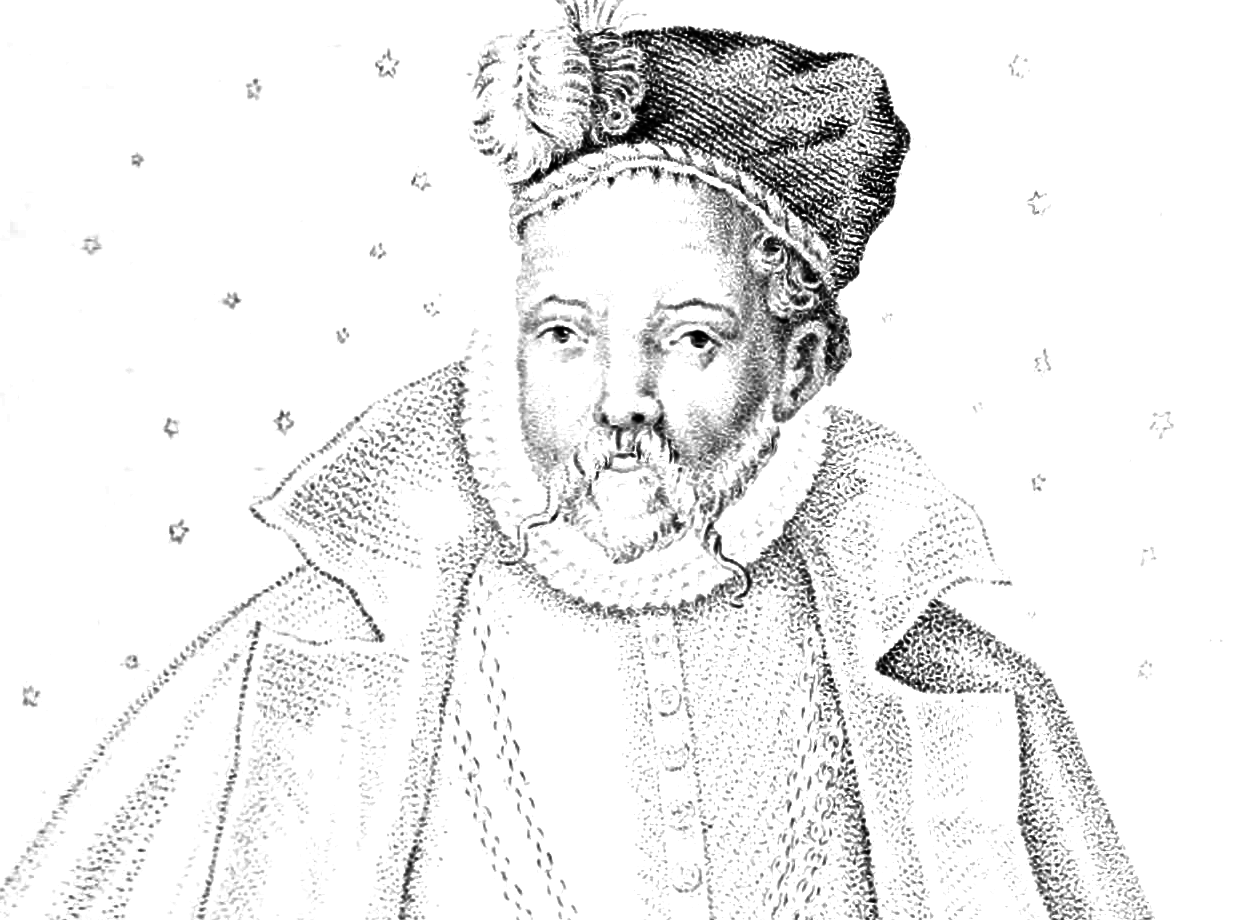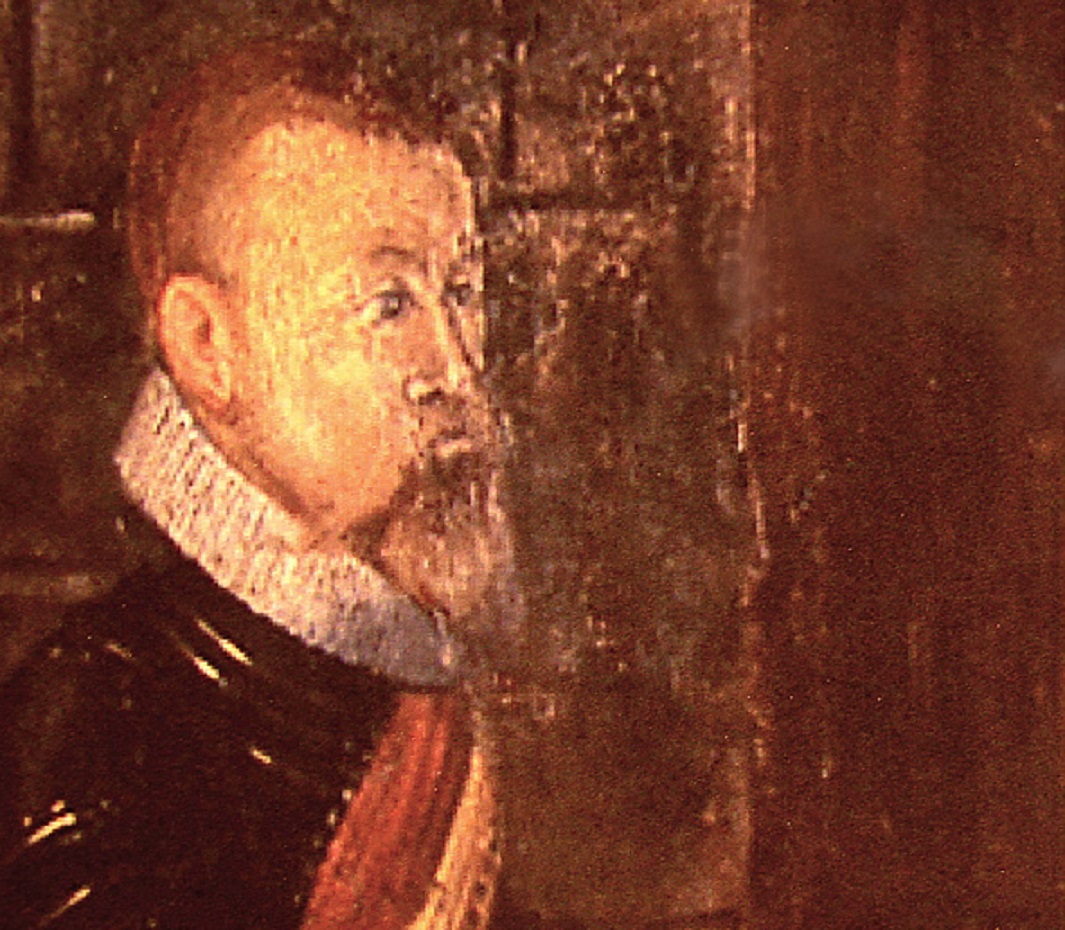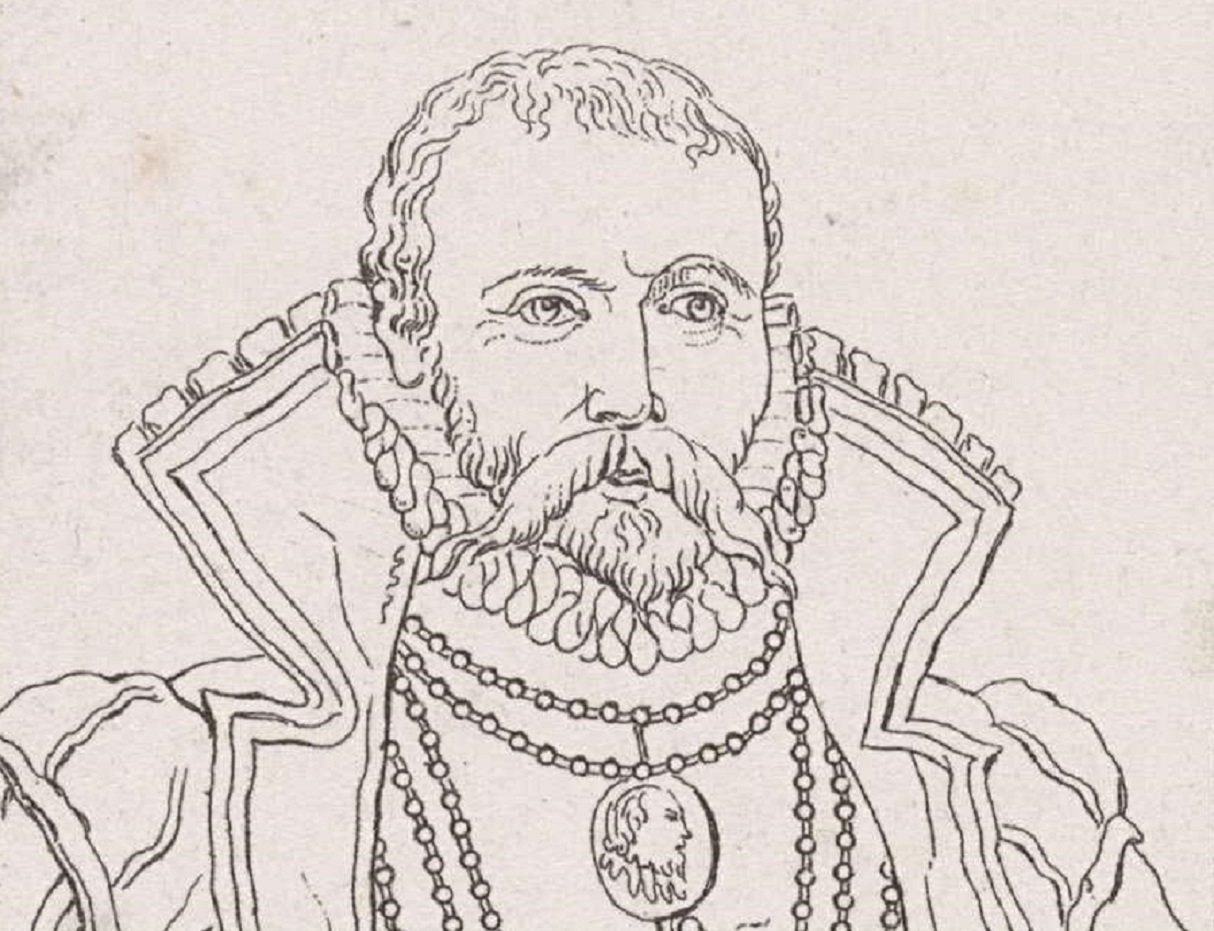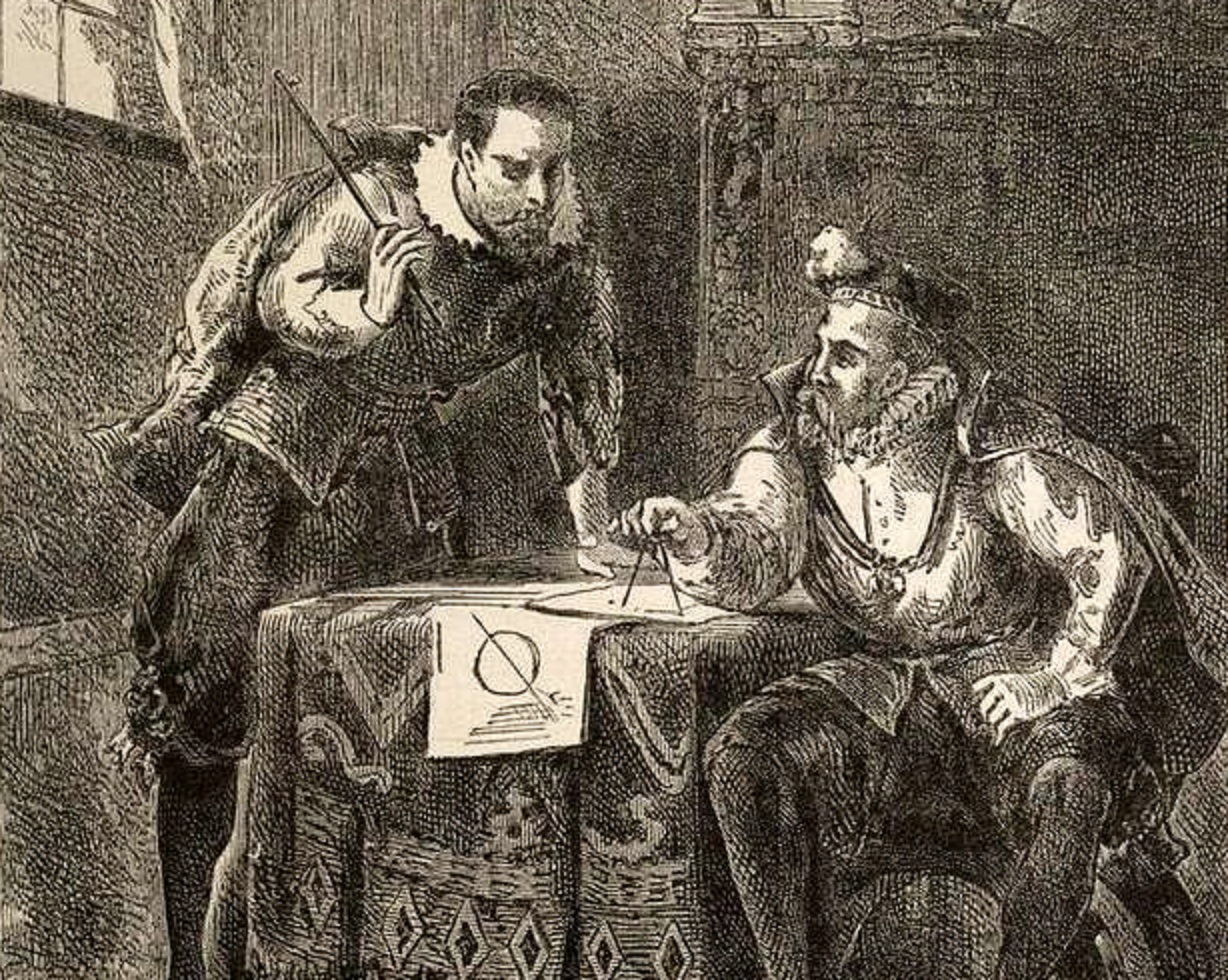Scientists have a reputation for being boring and nerdy, but this astronomer smashed through these stereotypes. Tycho Brahe lived a life as large as the universe.
1. He Lived A Wild Life
From its privileged beginning to its suspicious ending, Tycho Brahe’s life was stranger than fiction. This includes a kidnapping, a duel, a psychic dwarf, a royal affair, a forbidden romance, countless feuds, and a few manslaughter conspiracies.
This astronomer changed the way we see the universe–he might just change the way you see scientists.
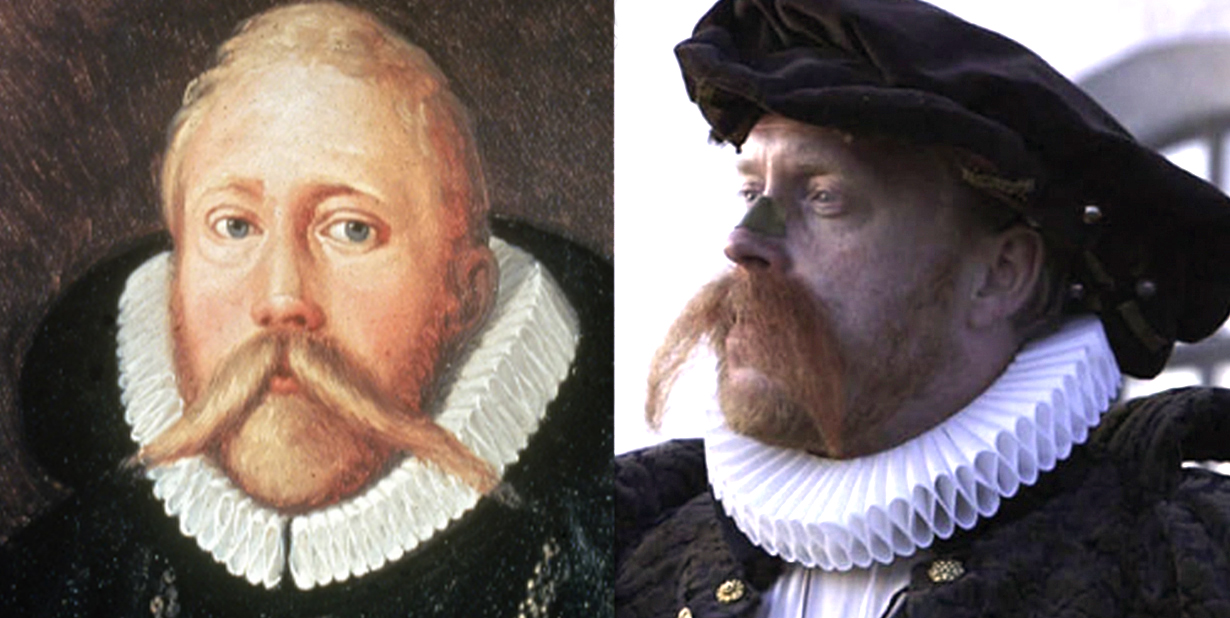
2. He Was Kidnapped
Tycho Brahe’s life should’ve been straightforward, but it was anything but. In 1546, he was born into a Danish noble family. On top of that, Tycho was the eldest of 12. Sadly, this included his twin brother, who didn’t survive. And it gets even worse: His childless uncle and aunt snatched two-year-old Tycho from his real parents to raise as their own.
Stranger still, his mom and dad had a shocking reaction to every parent’s worst nightmare.
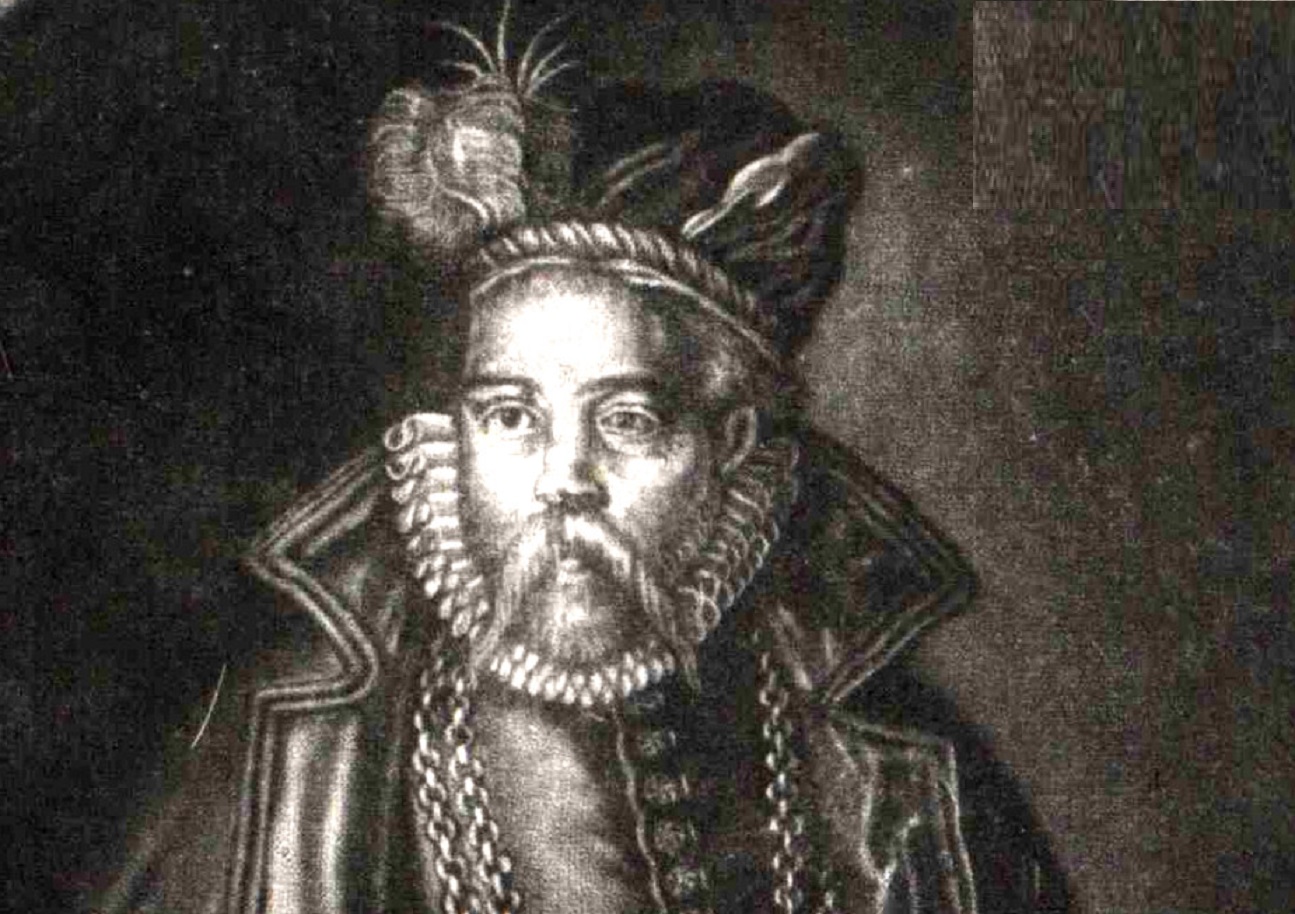 Unknown Author ,Wikimedia Commons
Unknown Author ,Wikimedia Commons
3. He Had Sketchy Parents
Most parents would’ve gone to the ends of the Earth to get their child back. But Tycho’s mom and dad weren’t most parents, and they simply allowed this bizarre arrangement. This arrangement sounds completely messed up, but Brahe revealed that his aunt and uncle couldn’t have treated him better.
Without them, he might not have found his destiny on one unforgettable night.
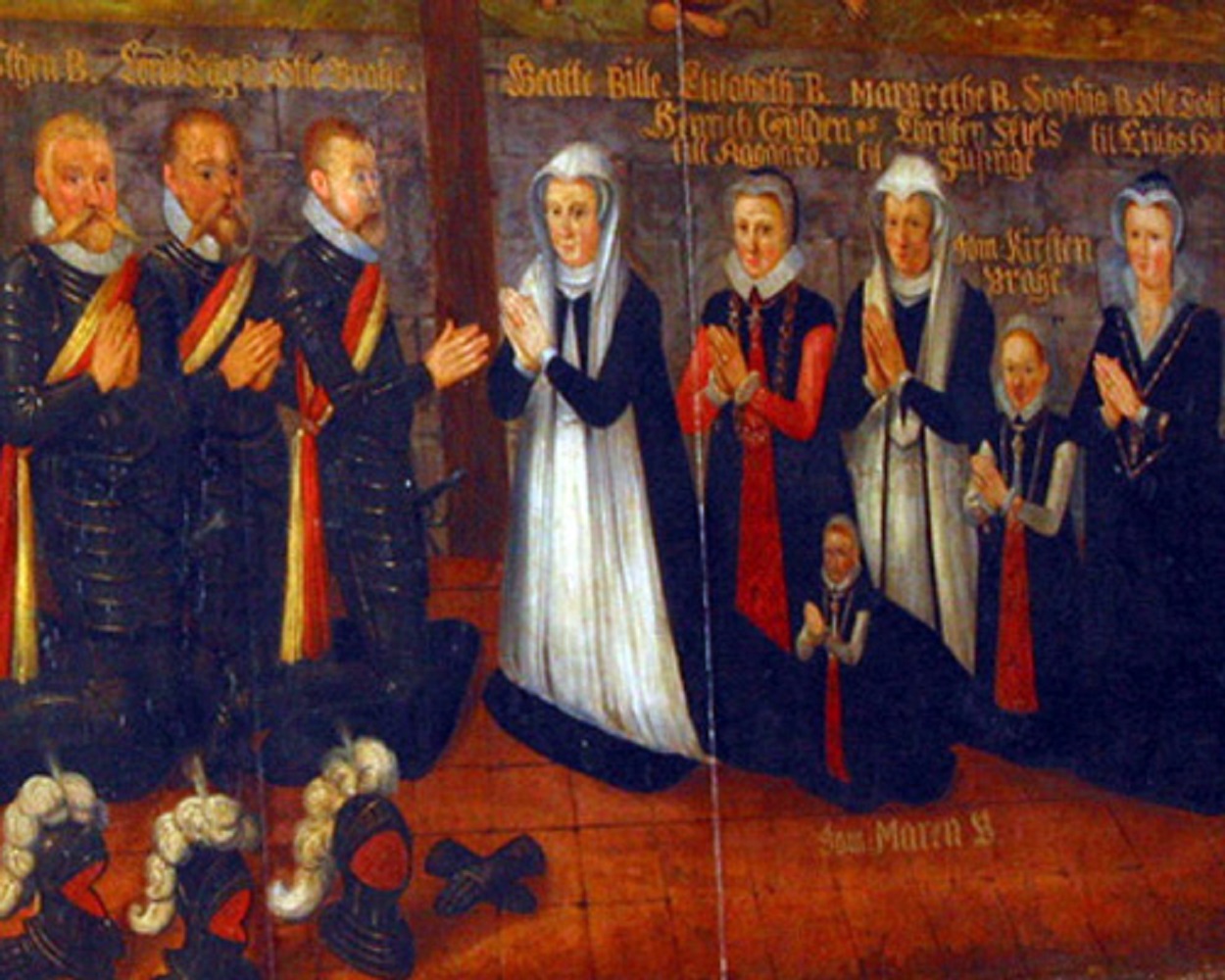 Kågeröds kyrka, Knutorps slott, Skåne, Wikimedia Commons
Kågeröds kyrka, Knutorps slott, Skåne, Wikimedia Commons
4. He Had An Epiphany
One night changed Brahe–and science–forever. At 13, he witnessed a solar eclipse. It was the right place, the right time, and the right person. The eclipse was cool, but Tycho found something even cooler: science.
It amazed Brahe that astronomers could predict not only this eclipse, but other cosmic phenomena. He wanted in.
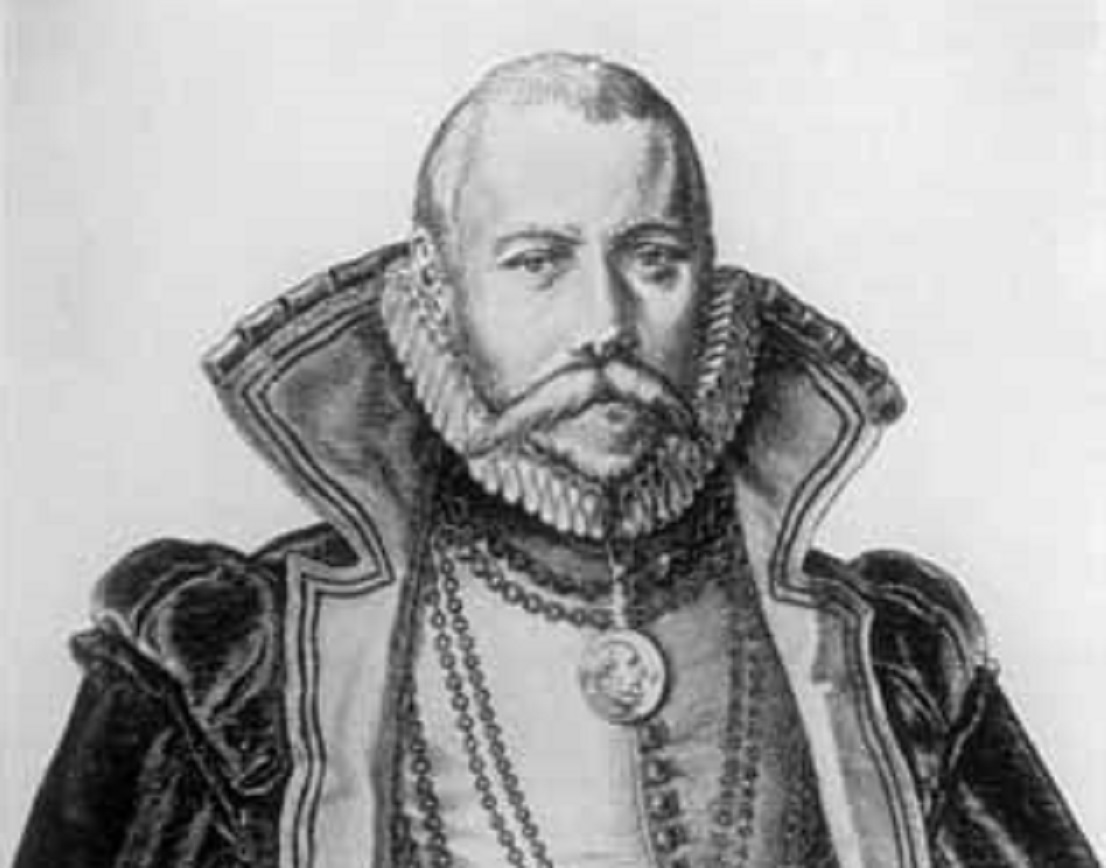 Unknown Author, Wikimedia Commons
Unknown Author, Wikimedia Commons
5. He Was A Rebel With A Cause
Brahe wanted to have his cake, and eat it too. During his youth, he studied at various schools throughout Europe, but he was still torn between his purpose and his passion. His brain–and his family–pushed him towards law. It was a respectable career for a rich kid like him. Science was not.
But his heart still called him to the stars. Tycho eventually committed to a life of science–and trouble.
 Alphonse Mucha, Wikimedia Commons
Alphonse Mucha, Wikimedia Commons
6. He Made An Enemy
Tycho met his match, but it wasn’t a match made in heaven. He and Manderup Parsberg were both 20-year olds, Danish noblemen, university students, third cousins, heavy drinkers, and egomaniacs. It was a recipe for fireworks.
During an engagement party at a professor’s home they clashed over who was the better mathematician. The drinks didn’t help. While the party ended, their feud was just getting started.
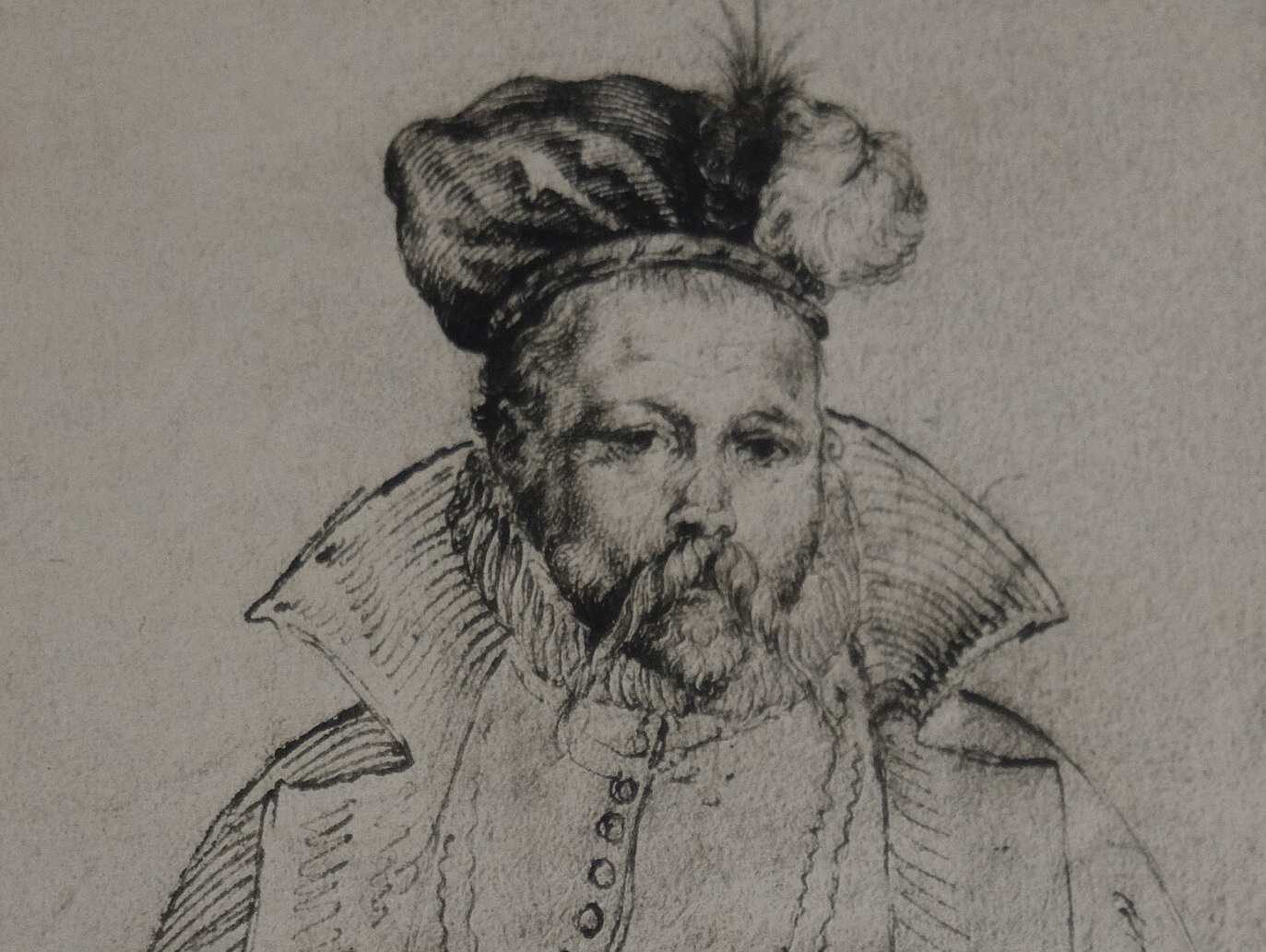 Tycho Brahe, Wikimedia Commons
Tycho Brahe, Wikimedia Commons
7. He Got Into A Feud
Brahe and Persberg’s relationship had to get a lot worse before it got better. A few weeks later, the third cousins crossed paths again at a Christmas party. A few days later, the noblemen met again during a group meal. Each time, they clashed verbally and mentally.
But soon, it was going to get physical, and Brahe would never be the same.
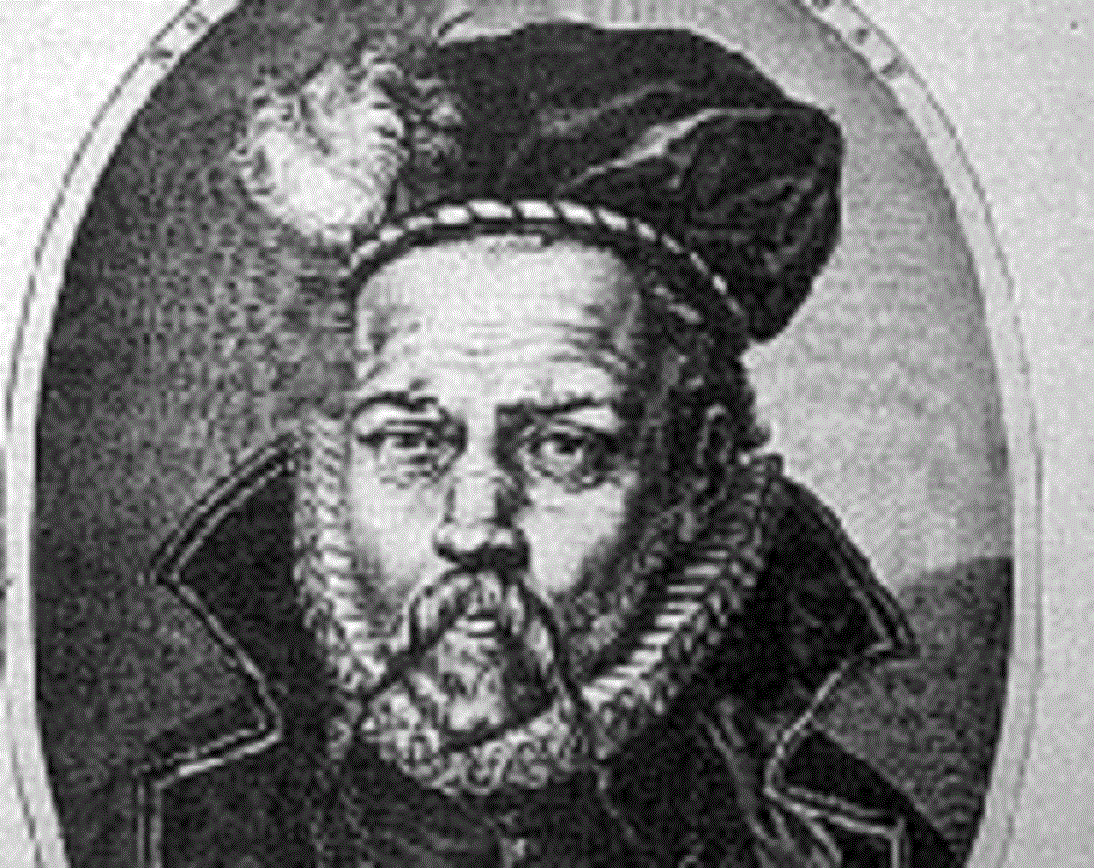 Unknown Author, Wikimedia Commons
Unknown Author, Wikimedia Commons
8. He Raised Alarm
Tycho and Manderup’s non-Danish companions could only stare in bewilderment as they argued in their native tongue. The confusion only grew as the pair abruptly left their meals and disappeared. The only other Danish speaker caught on, and urged everyone to find them. Immediately.
By the time the group found them, it was too late.
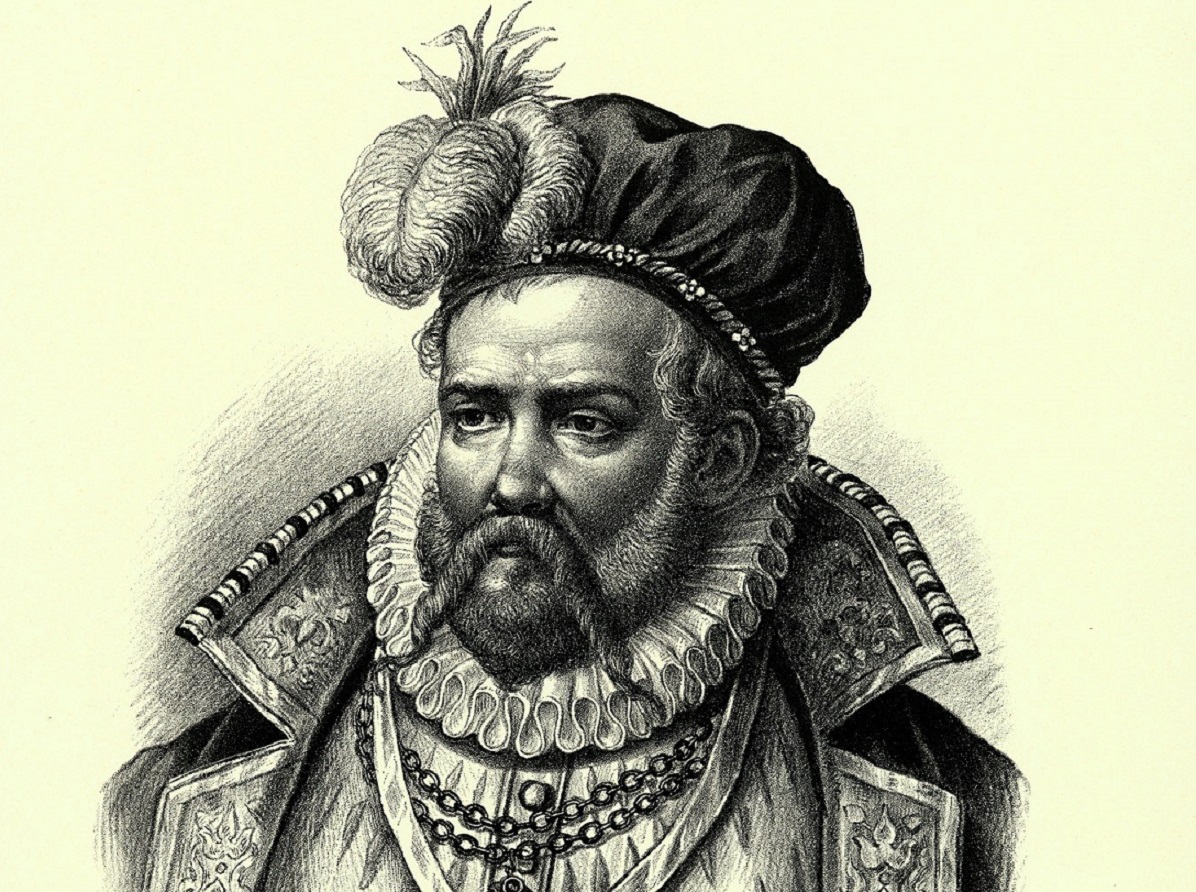 ETH Library, Wikimedia Commons
ETH Library, Wikimedia Commons
9. He Fought In A Duel
Brahe and Persberg took “boys will be boys” to a whole new level–and not in a good way. Being the genius scholars and classy noblemen they were, they agreed to settle their grievances with a duel. With swords. At night.
When their dining companions finally found them, they were already dueling. And Persberg’s sword already made contact.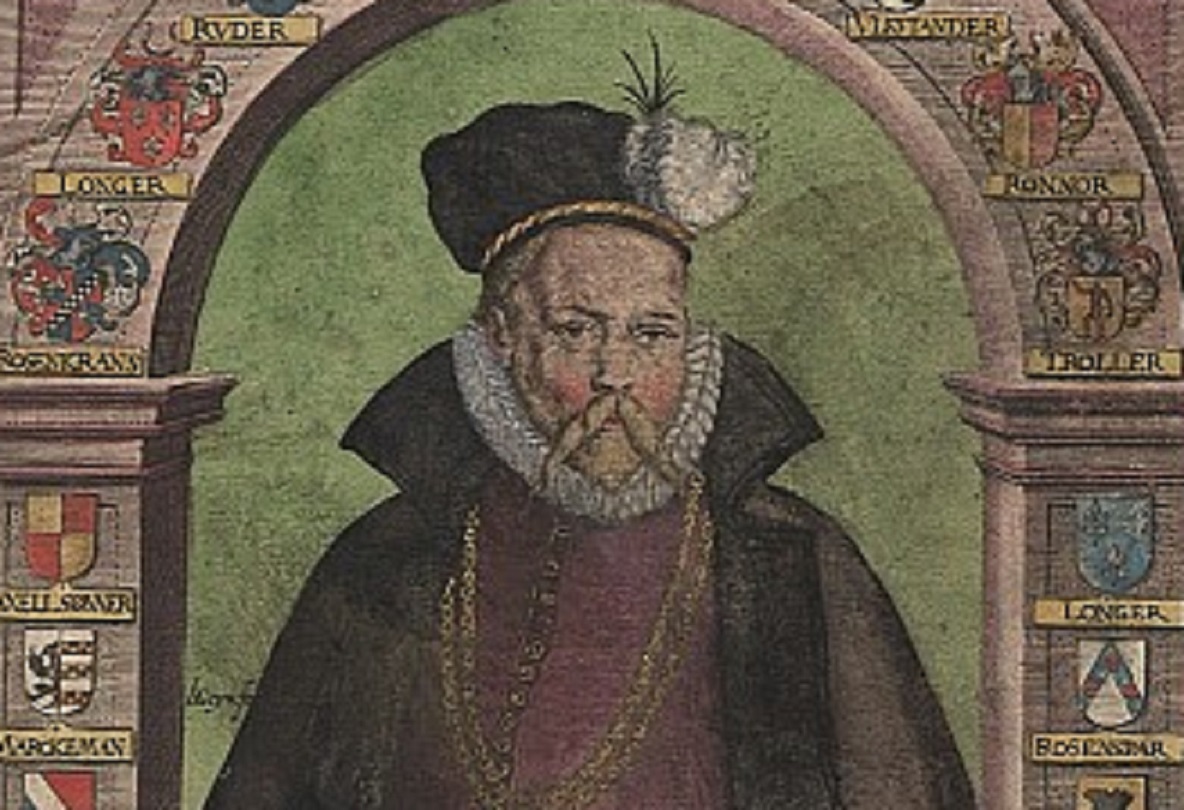 Tycho Brahe, Wikimedia Commons
Tycho Brahe, Wikimedia Commons
10. He Was Disfigured
To make matters worse, Brahe’s family already had a long and tragic history with duels. He walked into the duel knowing this. Then, he walked out with a huge chunk of his nose gone. If Persberg moved his sword slightly any other way, it could’ve been gone instead of disfigurement. But Brahe wasn’t out of the woods yet.
11. He Didn’t Know If He’d Survive
Brahe survived the duel…for now. Afterwards, he battled infection. At the time, there wasn’t much anyone could do to prevent or treat them. During his long recovery, all Brahe could do was wait and pray. And stare at the new and obvious scar on his face. While he avoided an infection, doctors couldn’t reattach the flesh to his nose.
Brahe came up with his own solution, and it certainly caused a stir.
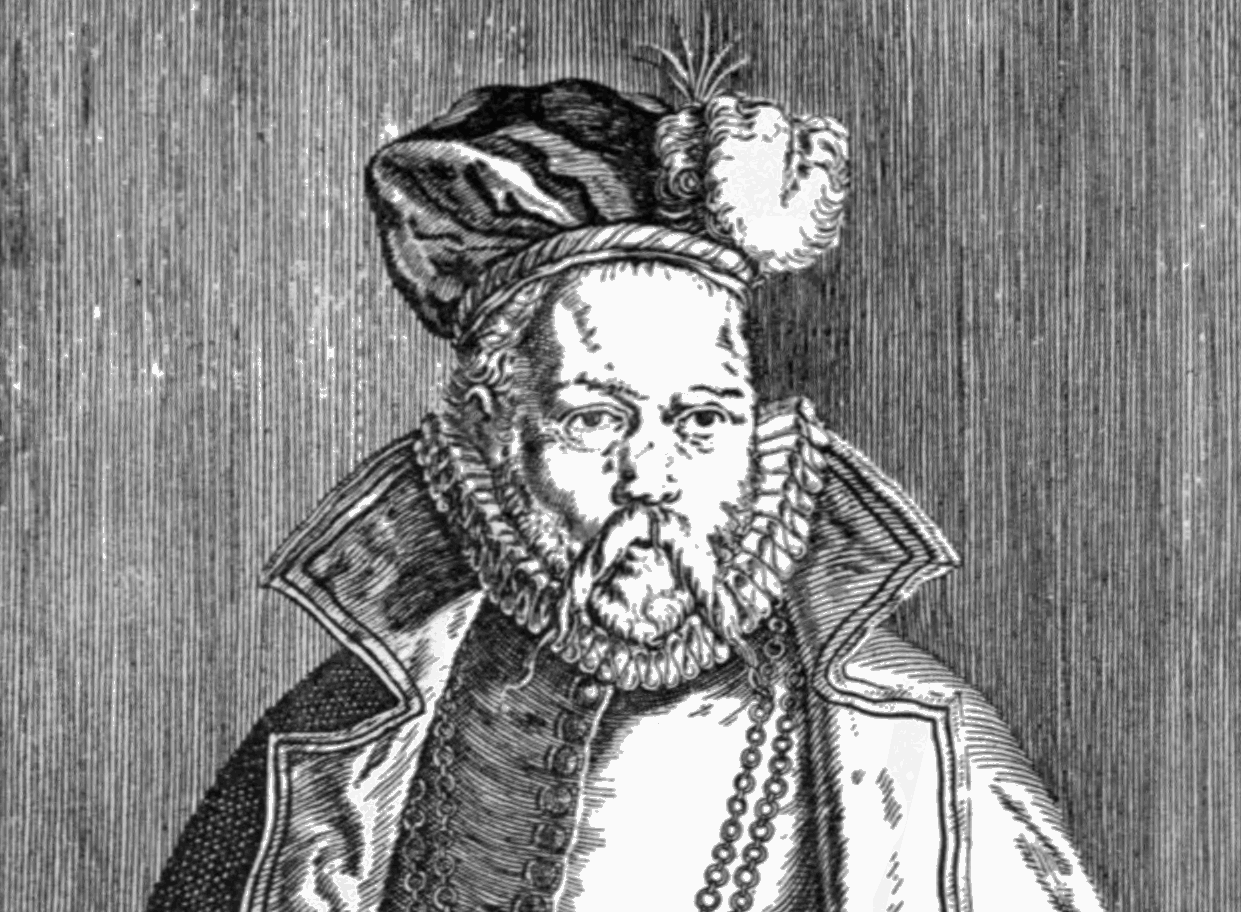 Popular Science Monthly Volume 78, Wikimedia Commons
Popular Science Monthly Volume 78, Wikimedia Commons
12. He Had A Famous Nose
It became his signature look–and a constant reminder of his dumbest mistake. For the rest of his life, Tycho wore a fake nose made from silver and gold. He also carried glue around in case the prosthesis fell off.
Unfortunately for him, Brahe’s disfigurement gave his rivals and enemies even more material to work with. But against all odds, Persberg wasn’t one of them.
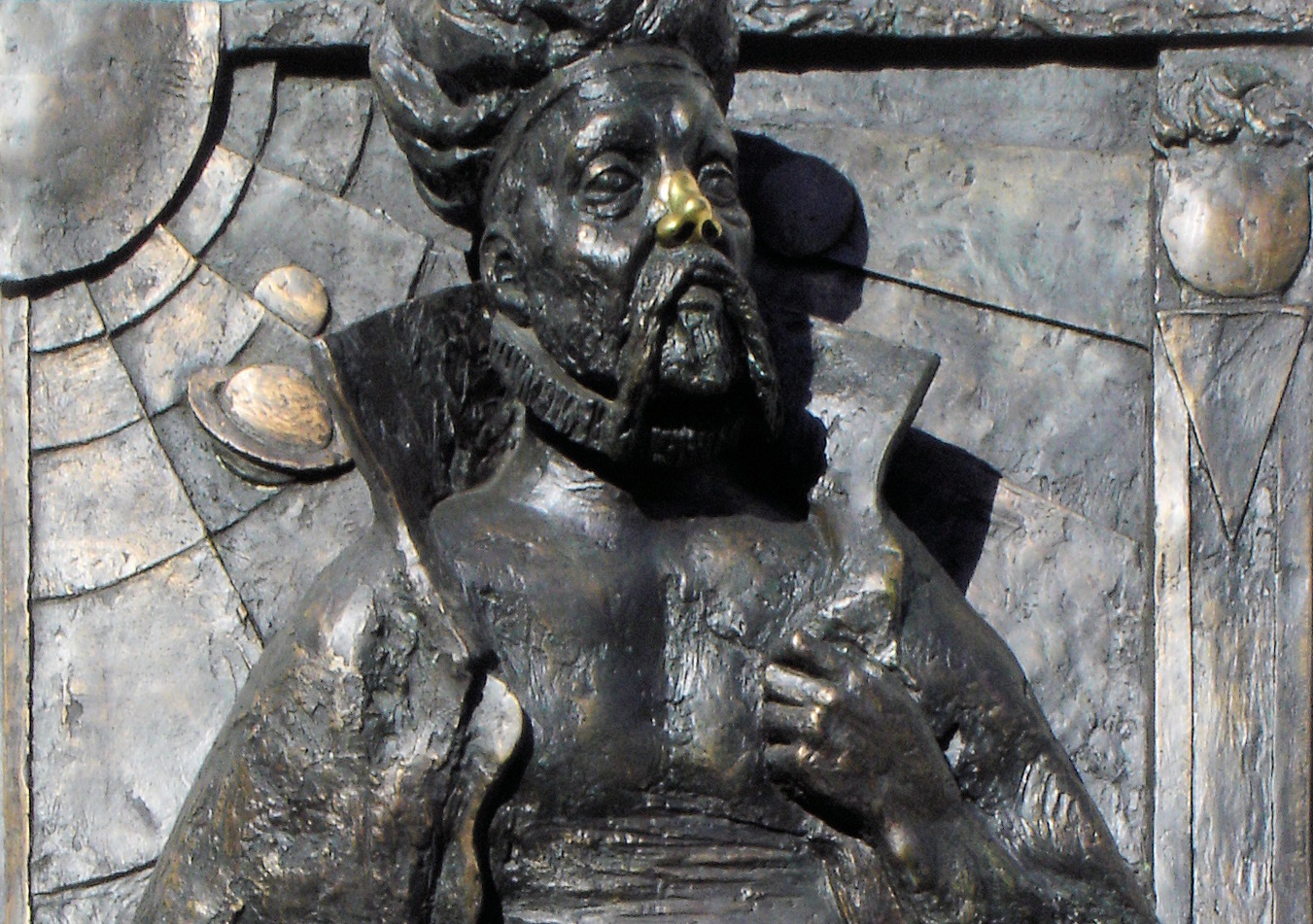 Schiwago, CC BY-SA 3.0, Wikimedia Commons
Schiwago, CC BY-SA 3.0, Wikimedia Commons
13. He Made Peace
There are plot twists, and there’s this. Just about anyone else would remain furious with the guy who’d disfigured them. But after the duel, the distant relatives turned into close friends. Tycho and Manderup somehow mended fences–even though Tycho could never mend his nose.
And as for the nose, it added to Tycho’s lore and legend. Well that, and his scientific brilliance.
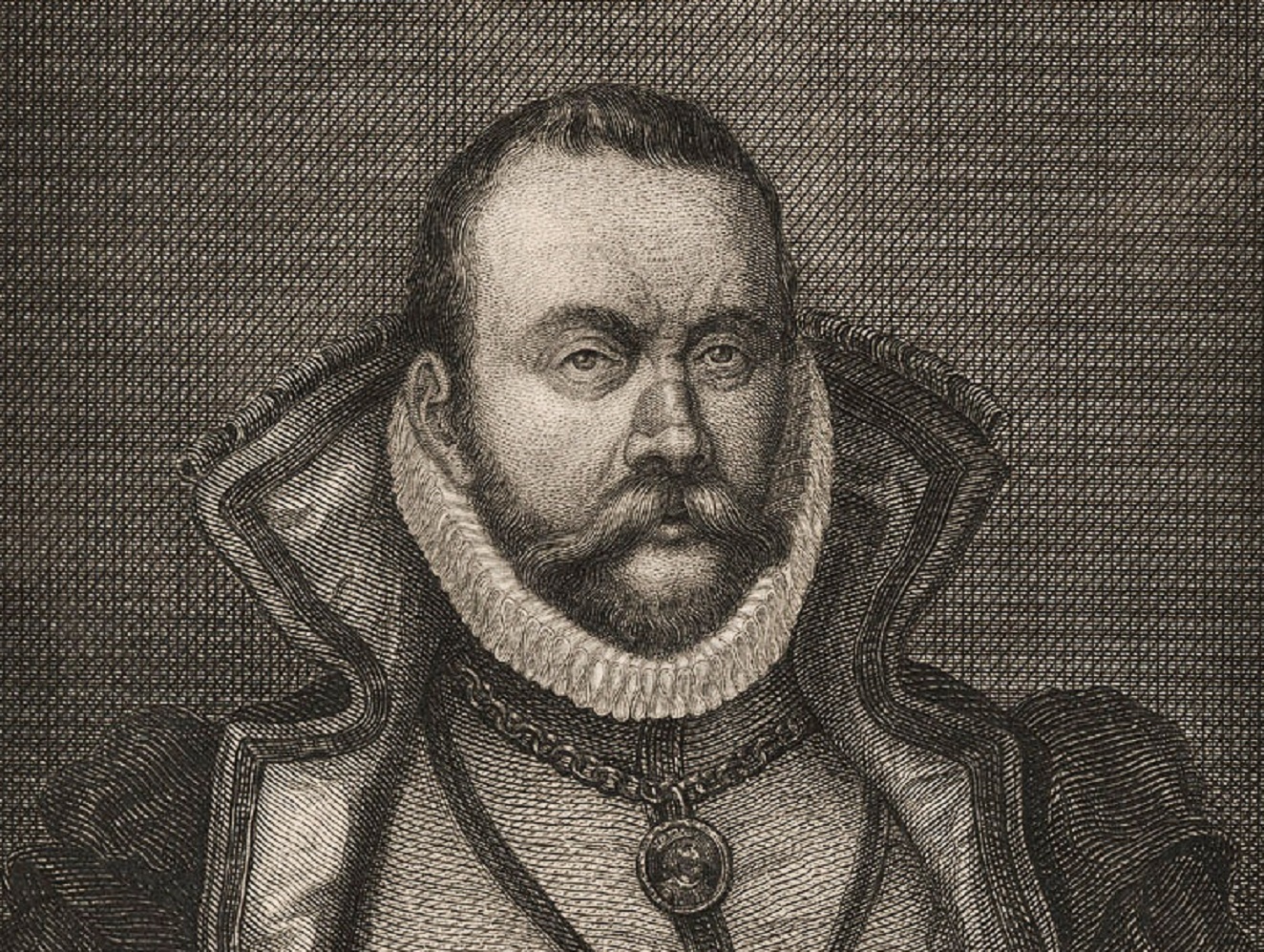 Johann Leonhard Appold (1809-1858), Wikimedia Commons
Johann Leonhard Appold (1809-1858), Wikimedia Commons
14. He Became A Star
Tycho Brahe didn’t just study stars, he became one. He first made a name for himself by discovering a new star, but he was only getting started. His scientific contributions include cataloging hundreds of stars, pioneering more accurate astronomy tools, measuring the universe more accurately, and discovering supernovae for the first time in history.
And to top it all off, Tycho accomplished everything without a telescope.
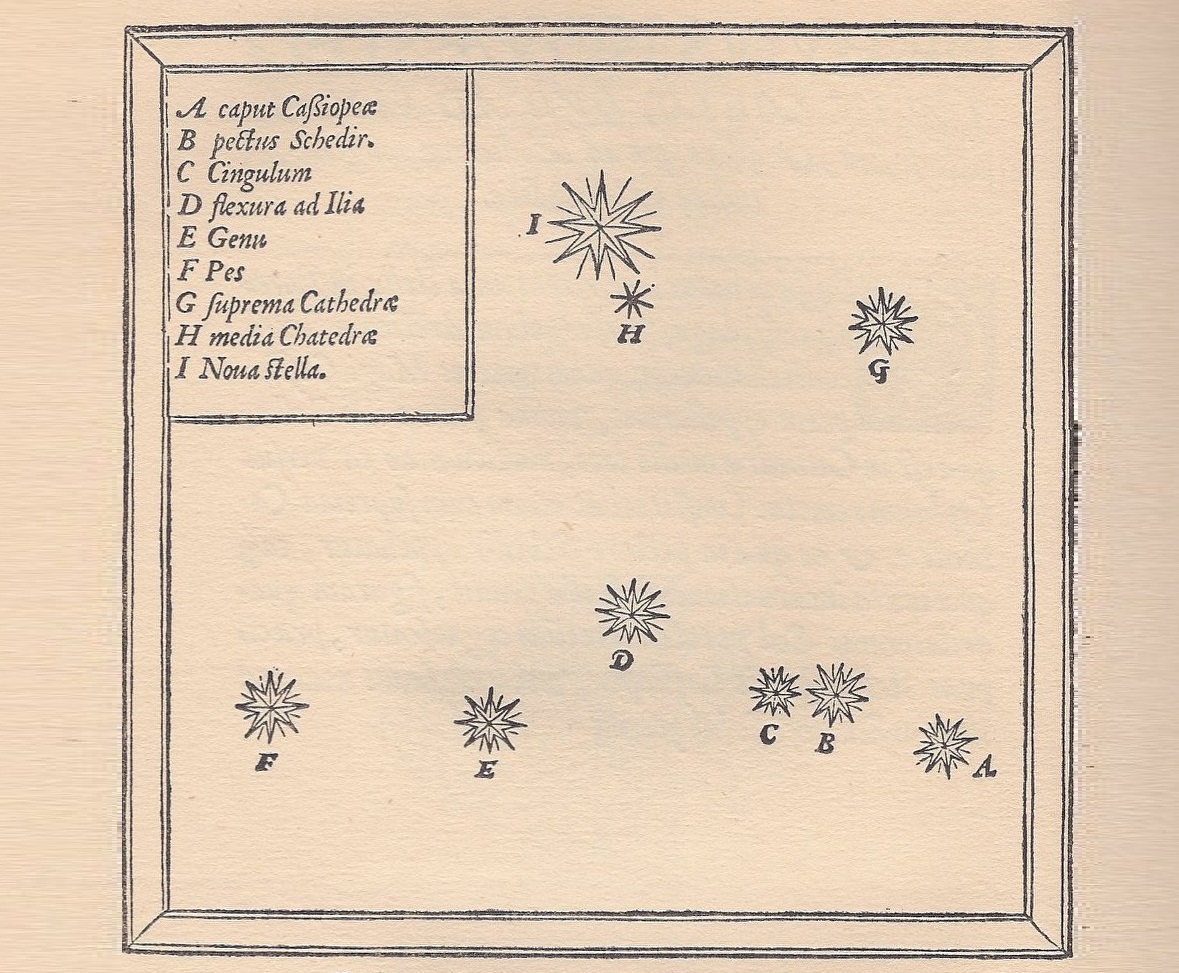 Tycho Brahe, Wikimedia Commons
Tycho Brahe, Wikimedia Commons
15. He Fell For The Wrong Girl
After discovering new stars, Brahe discovered love. The 25-year-old found it in Kirsten Hansen. Out of all his potential partners, Brahe had to fall for a commoner. At the time, a nobleman and a poor woman wasn’t a romance with a fairytale ending. It wasn’t that Brahe couldn’t marry Kirsten, it was that he didn’t want to.
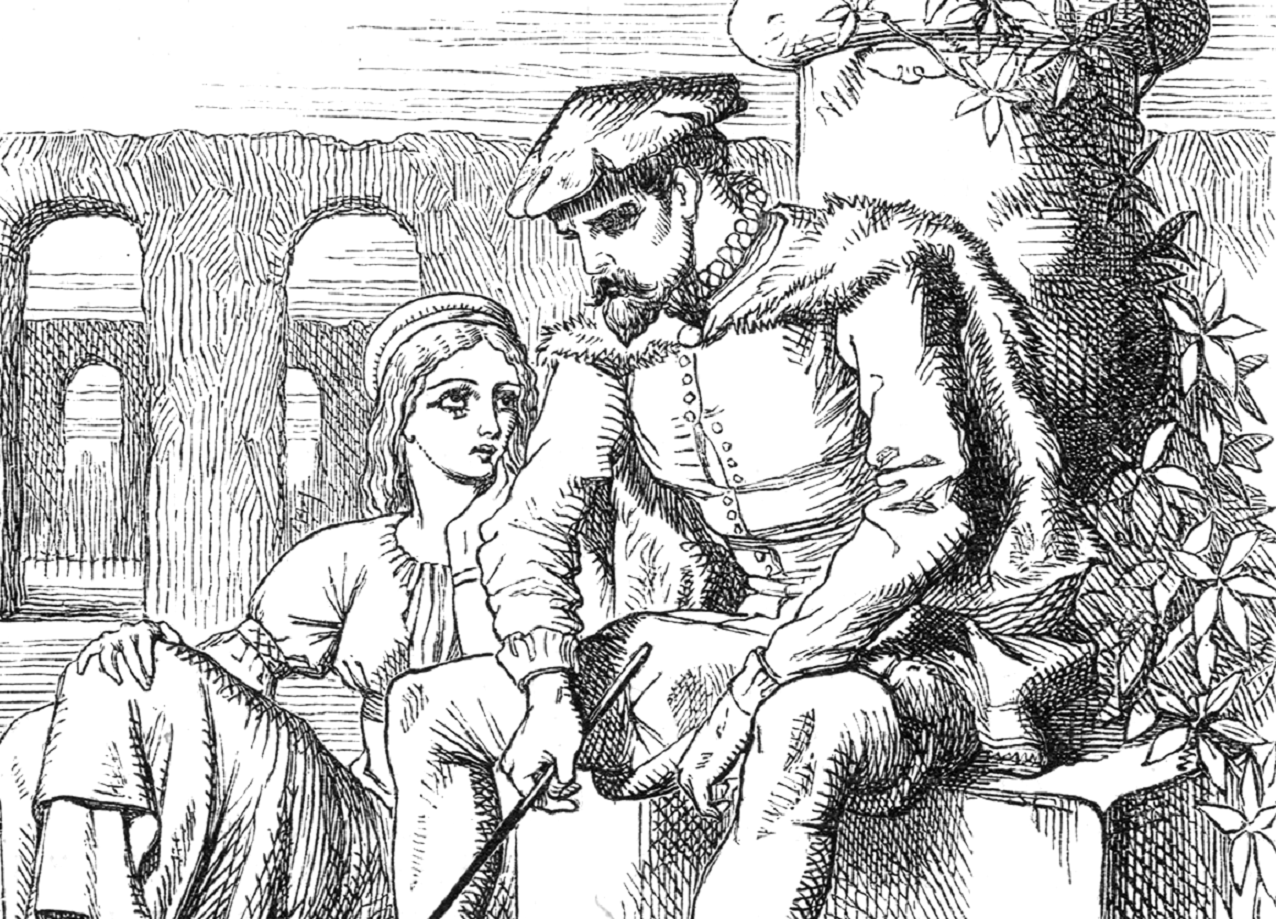 John Tenniel, Wikimedia Commons
John Tenniel, Wikimedia Commons
16. He Found The Solution
Once again, Brahe wanted to have his cake and eat it too. You see, officially marrying Kirsten required giving up his noble status and privilege. But there was a compromise–at least for Brahe. It was common law marriage.
Tycho and Kirsten became husband and wife in almost every way. Well, except for the ones that really mattered.
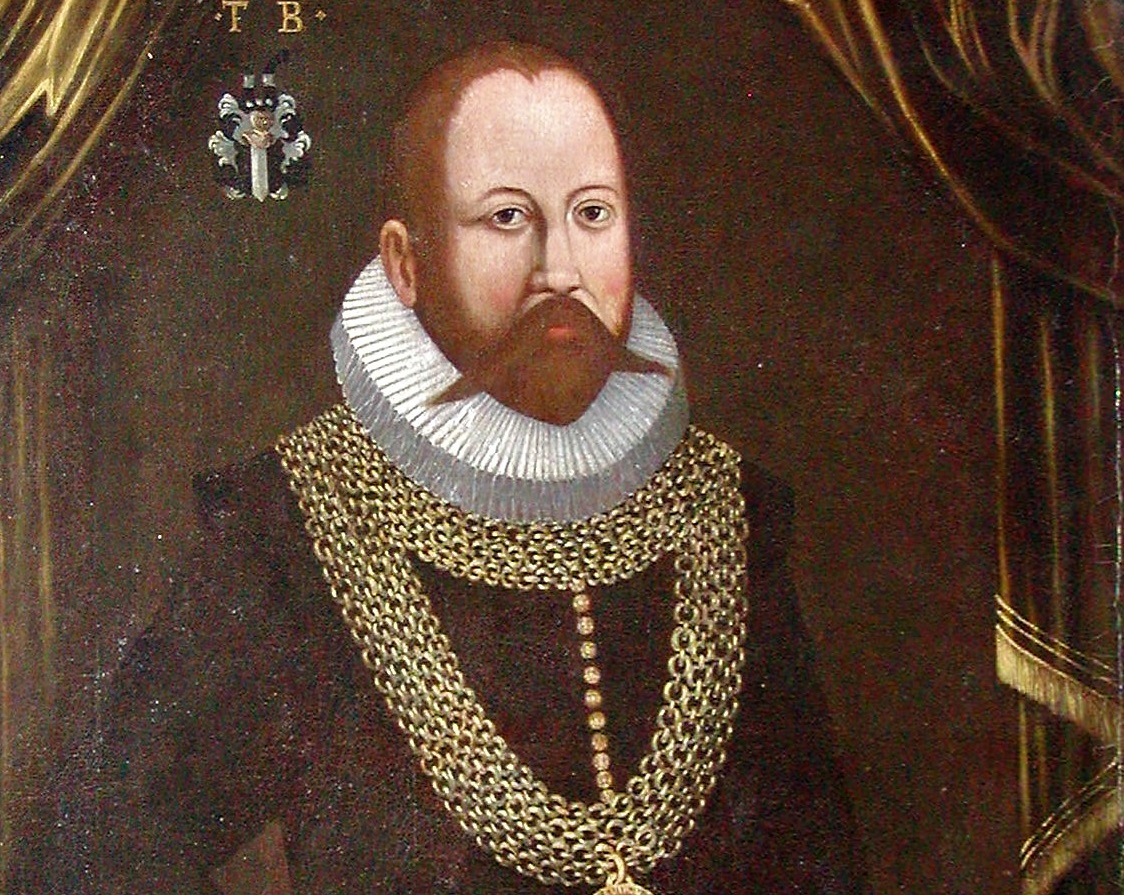 The Museum of National History, Wikimedia Commons
The Museum of National History, Wikimedia Commons
17. He Wasn’t Married For Real
For Tycho and Kirsten, it was a win-lose situation. Under this “marriage”, they both kept their social status. But their future children only inherited Kirsten’s status–or lack of. This meant that they were doomed to remain commoners. No titles, no land inheritances, and no claims to their father’s name. Brahe’s family didn’t take it well.
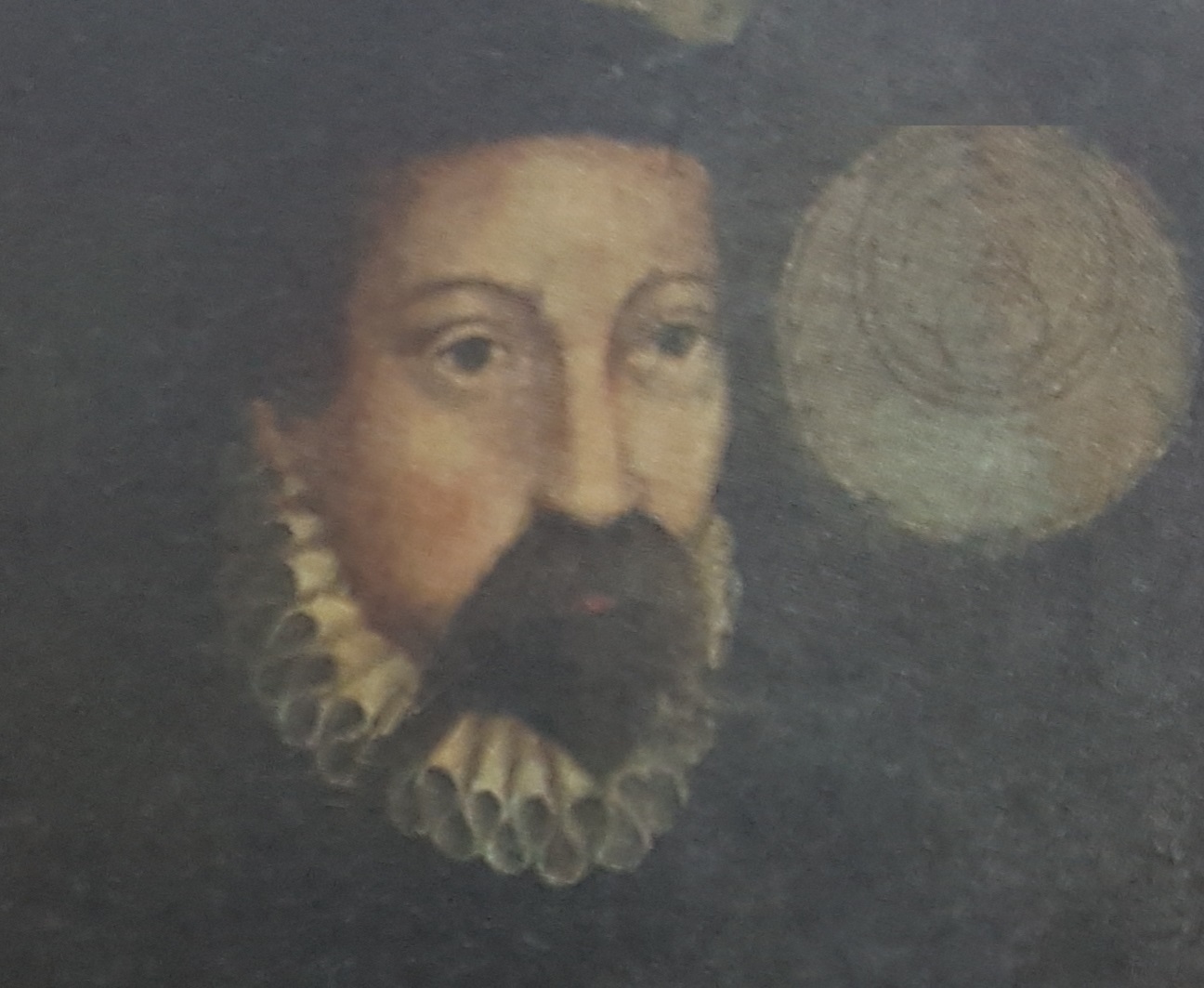 Vetenskapsakademiens porträttsamling, Wikimedia Commons
Vetenskapsakademiens porträttsamling, Wikimedia Commons
18. He Scandalized Everyone
Tycho and Kirsten’s relationship wasn’t technically forbidden, but it sure felt like it. In high society, messing with commoners was no big deal. But publicly claiming and marrying them was. His family felt that Tycho tarnished their reputation.
They weren’t alone: many of his peers felt no less scandalized. But this couple-in-love received support from the most unexpected–and esteemed–source.
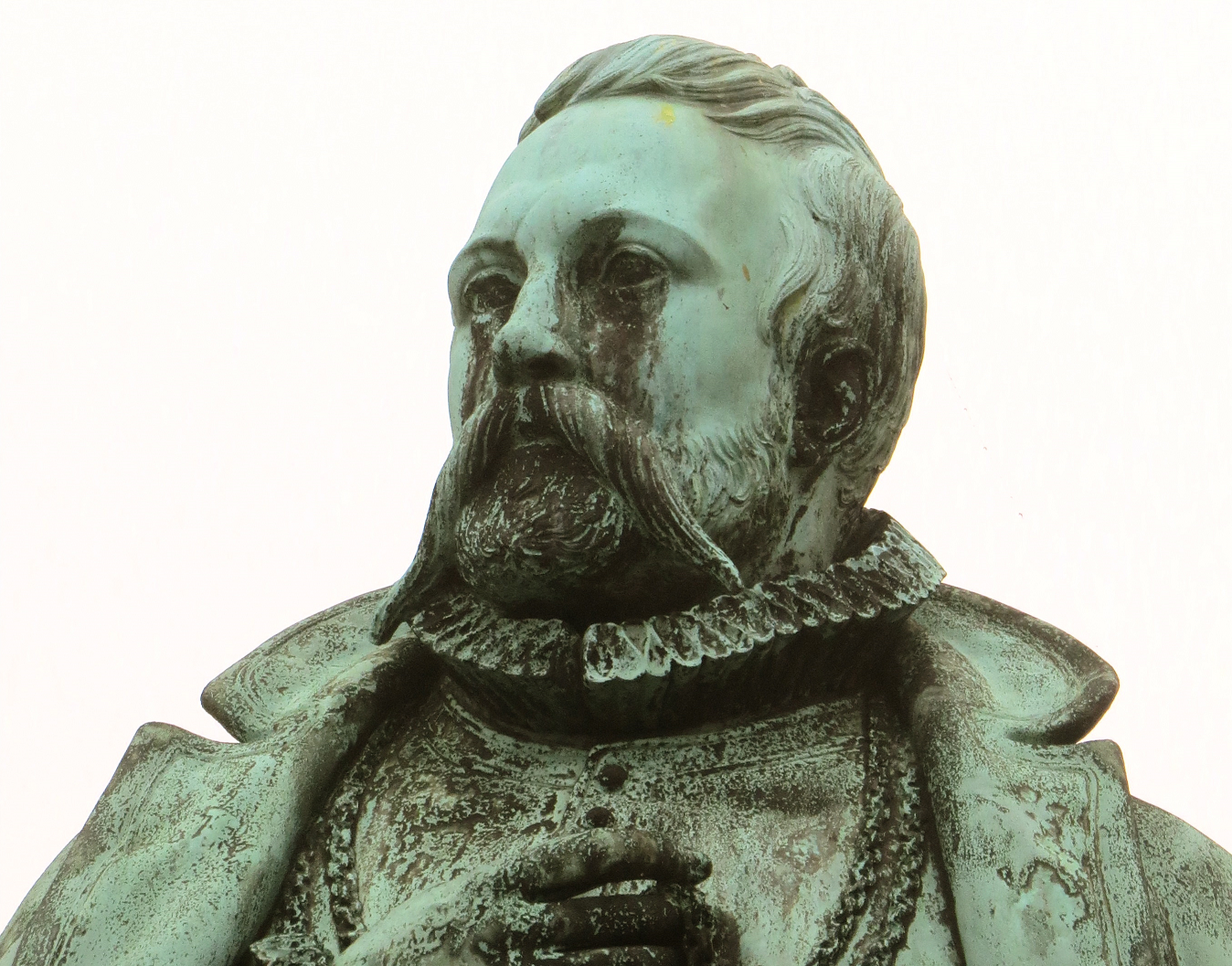 Orf3us, CC BY-SA 3.0, Wikimedia Commons
Orf3us, CC BY-SA 3.0, Wikimedia Commons
19. He Had Royal Approval
Enter Frederick. He wasn’t just a king, a supporter of science, or a defender of Brahe’s love life. He was also a man who couldn’t marry the woman he truly loved. So Frederick supported Brahe throughout the scandal, which quelled his family’s outrage.
But some doubt whether Tycho and Kirsten were the true love that Frederick may have thought they were.
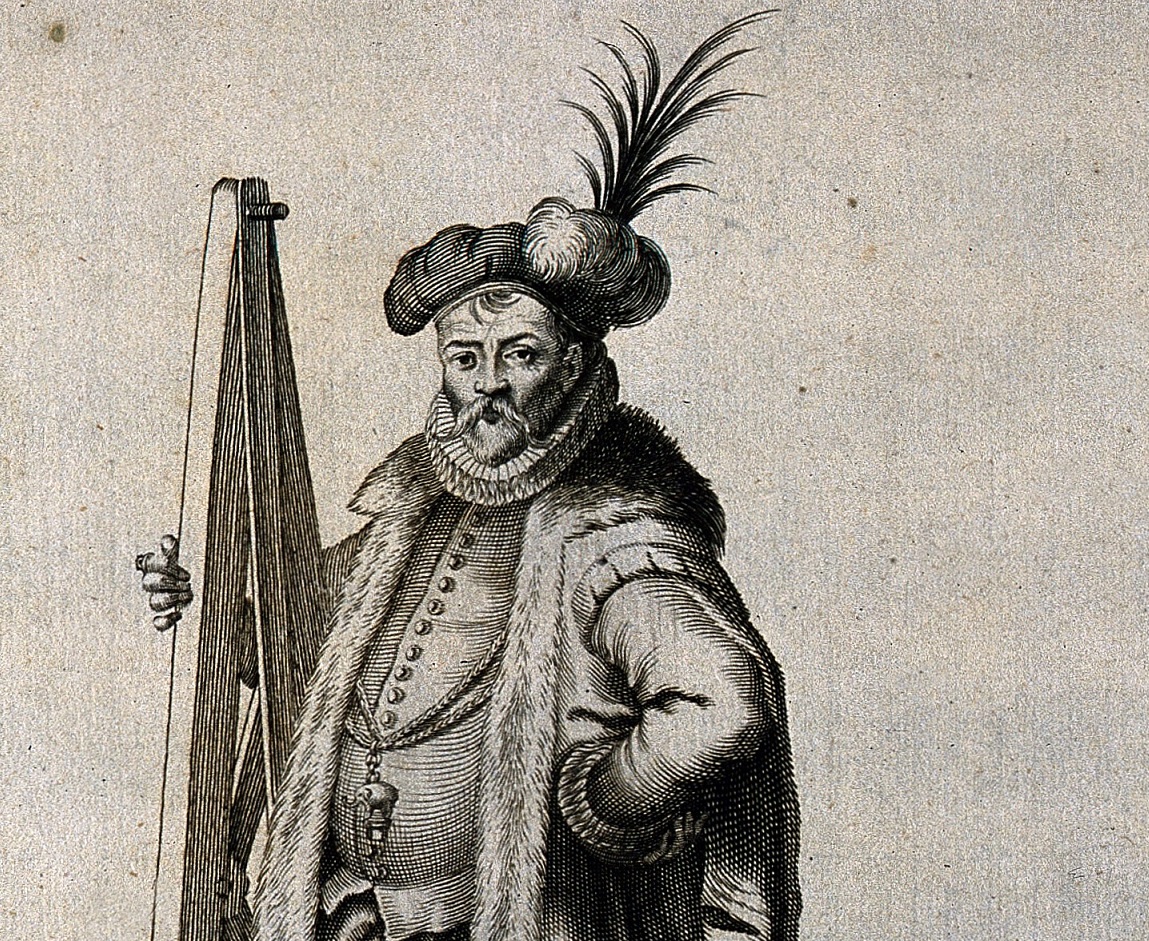 Unknown Author, CC BY 4.0, Wikimedia Commons
Unknown Author, CC BY 4.0, Wikimedia Commons
20. His Marriage Confused People
Brevity is the soul of wit, but Brahe took it too far. Studying his letters led historians to a sad observation: he rarely mentioned his wife. This fuelled speculation that his interest in her wasn’t romantic. Cynics suggest that Brahe was interested in a common woman who would run his household without high society drama.
But if that’s what he wanted, he was in for a rude awakening. This marriage still came with drama and tragedy. Wellcome Library, London, CC BY 4.0, Wikimedia Commons
Wellcome Library, London, CC BY 4.0, Wikimedia Commons
21. He Was Familiar With Loss
Life isn’t fair–and Tycho Brahe learned this the hard way. Again and again. Brahe survived four siblings, including a twin brother. At only 19, Brahe lost his uncle and father figure. Six years later, Brahe found Kirsten, but lost his biological father in the same year.
Despite these losses, nothing could’ve prepared Tycho for what the future had in store.
22. He Suffered Even More Losses
As Brahe’s career fell into place, his family fell apart. Kirsten and Tycho had eight children, but only six survived to adulthood. Their first experience with every parent’s worst nightmare involved their first daughter Kirstine. To make matters even more heartbreaking, they had named her after Brahe’s late sister.
At three years old, Kirstine joined her namesake.
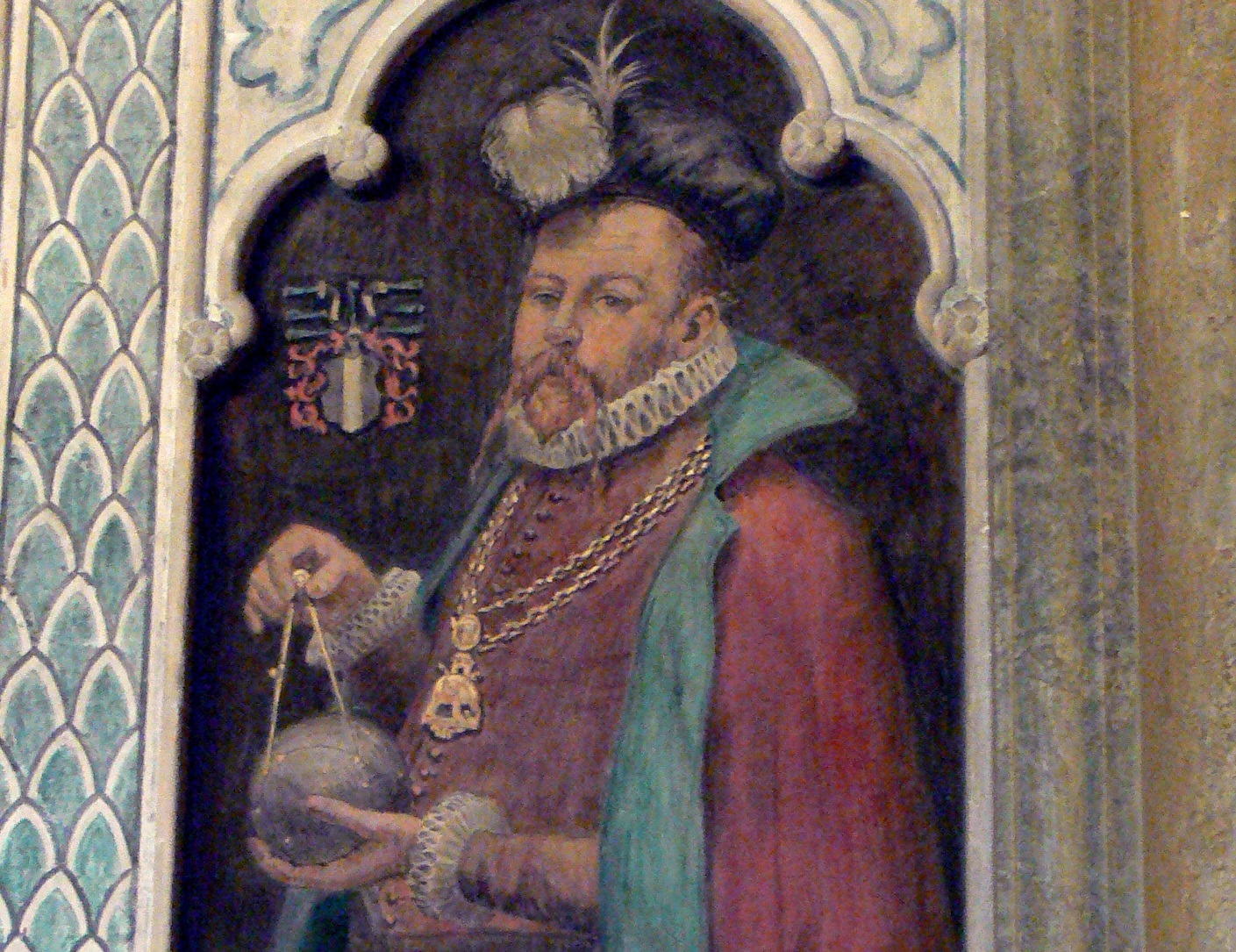 Christian Bickel, CC BY-SA 2.0 DE, Wikimedia Commons
Christian Bickel, CC BY-SA 2.0 DE, Wikimedia Commons
23. He Got An Offer He Couldn’t Refuse
Brahe may have been a heartbroken dad, but he was still a superstar scientist. He received job offers from all over Europe, and he took them seriously. When King Frederick II discovered Brahe’s plans to leave Denmark, he pulled out all the stops to keep the national treasure.
This included a private island—but Frederick had a lot more in mind than that.
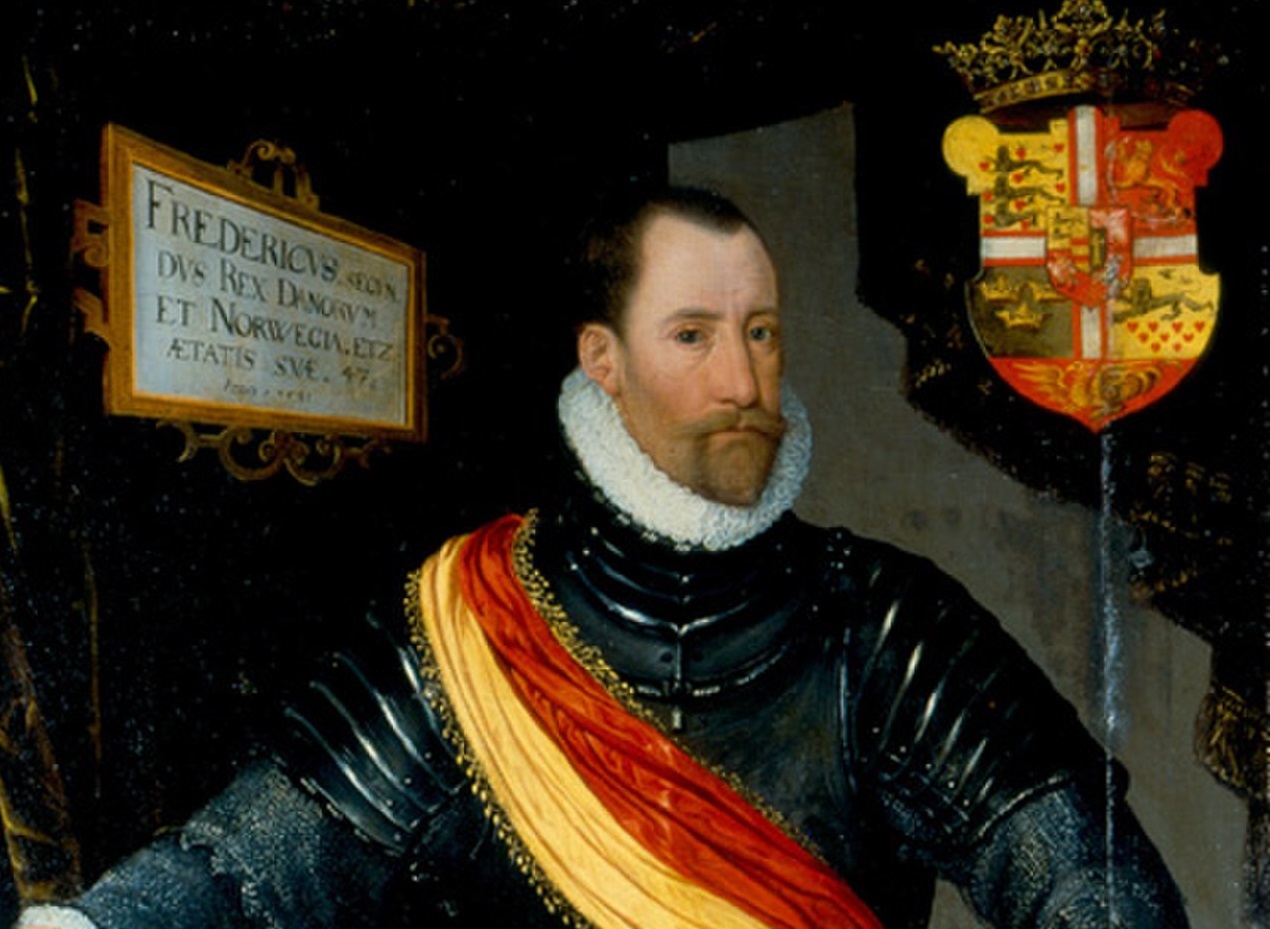 Hans Knieper, Wikimedia Commons
Hans Knieper, Wikimedia Commons
24. He Had Lavish Tastes
Whatever Tycho wanted, he got. It didn’t matter how expensive, rare, weird, or even ethically questionable. At its peak, Tycho’s funding took up 1% of Denmark’s revenue. His island’s amenities included a castle, Europe’s finest observatory, laboratories, and a printing press.
While this was expensive, it was still relatively normal. Stuff that Frederick could explain. This didn’t last.
 Thorald Læssøe, Wikimedia Commons
Thorald Læssøe, Wikimedia Commons
25. He Had Eccentric Tastes
Brahe’s spending went from just expensive to straight up bizarre. The most notorious instance was Jepp, a jester and a little person. Brahe believed that Jepp was clairvoyant–not that it compelled the astronomer to treat him any better. Brahe forced Jepp to eat under the table.
That wasn’t his only brutality—and Jepp wasn’t his only unconventional companion.
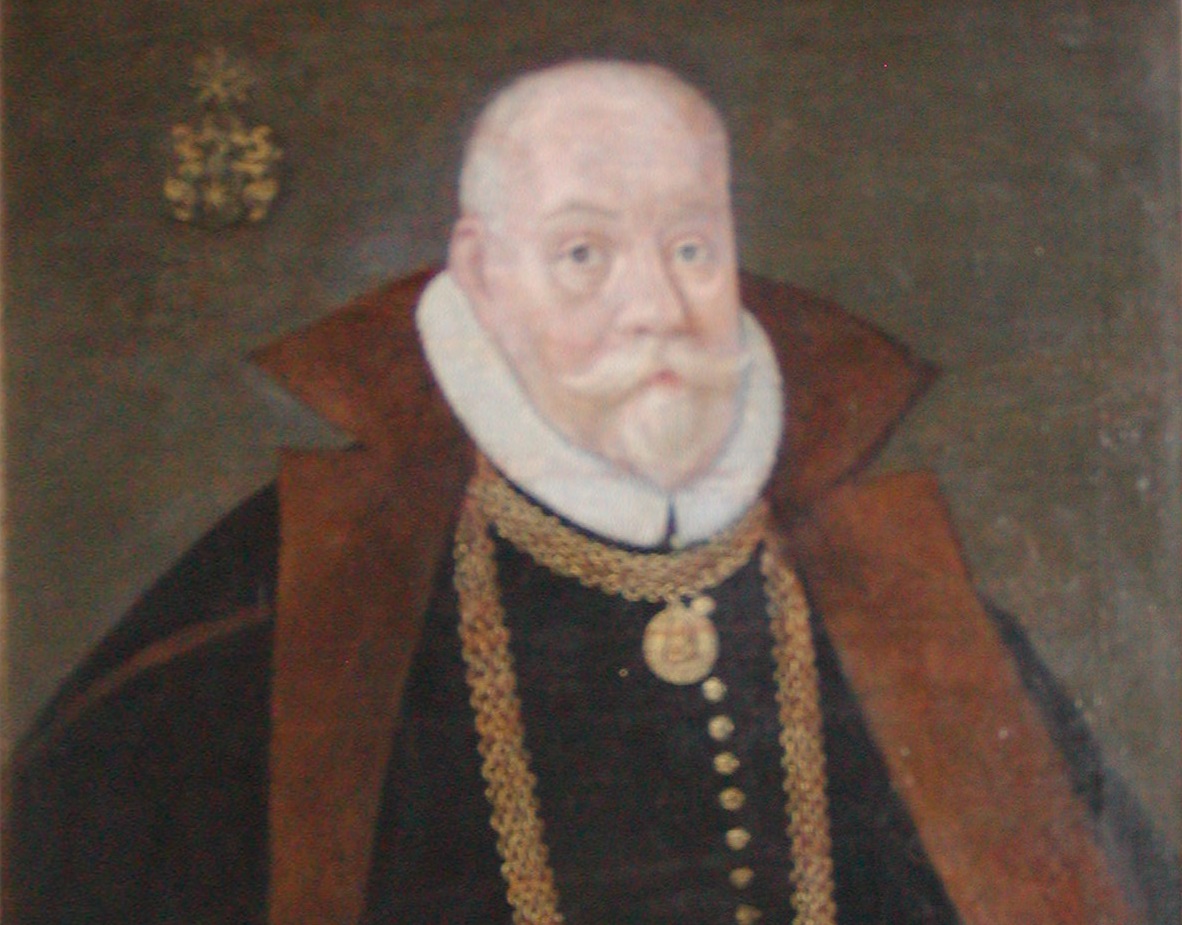 The Museum of National History, Wikimedia Commons
The Museum of National History, Wikimedia Commons
26. He Had An Exotic Pet
Most people have pets like cats and dogs, but as we’re finding out, Tycho Brahe wasn’t most people. Naturally, Tycho’s pet of choice was an elk. It gets stranger. The elk followed him around like a loyal dog. But it also lived inside Brahe’s castle like a pampered house cat.
Yet despite this, the elk still met an unbelievable end–that was Brahe’s fault.
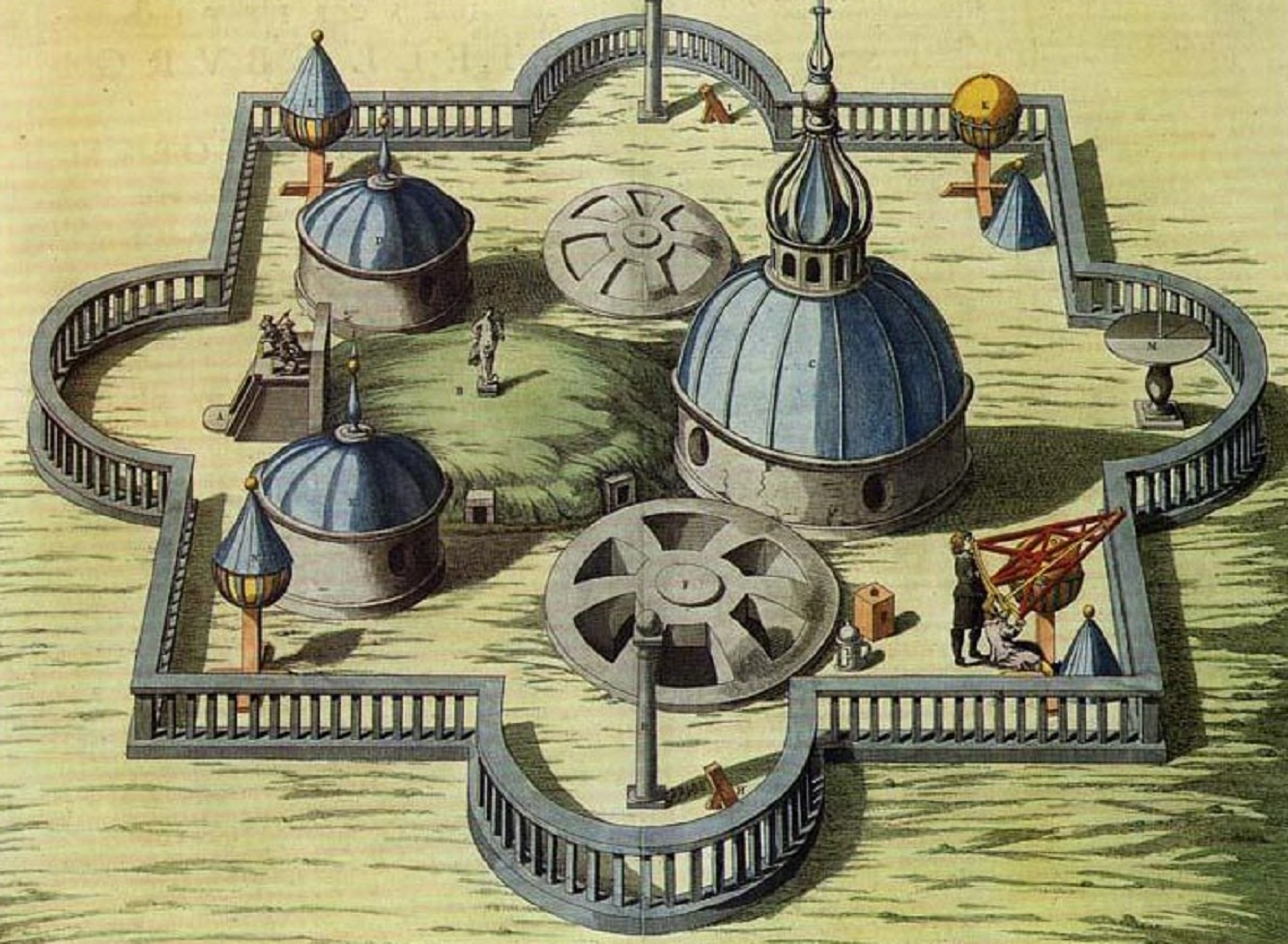 Tycho Brahe, Wikimedia Commons
Tycho Brahe, Wikimedia Commons
27. He Lost His Pet
Like owner, like elk. The pet, like its master, enjoyed excessive drinking. Brahe didn’t just encourage this, he showed it off to everyone. However, at one dinner party, he allowed the elk to gulp down one too many drinks. The poor elk could barely see or walk straight.
It tried climbing the stairs, fell, and never got back up. But Brahe’s elk wasn’t his only victim.
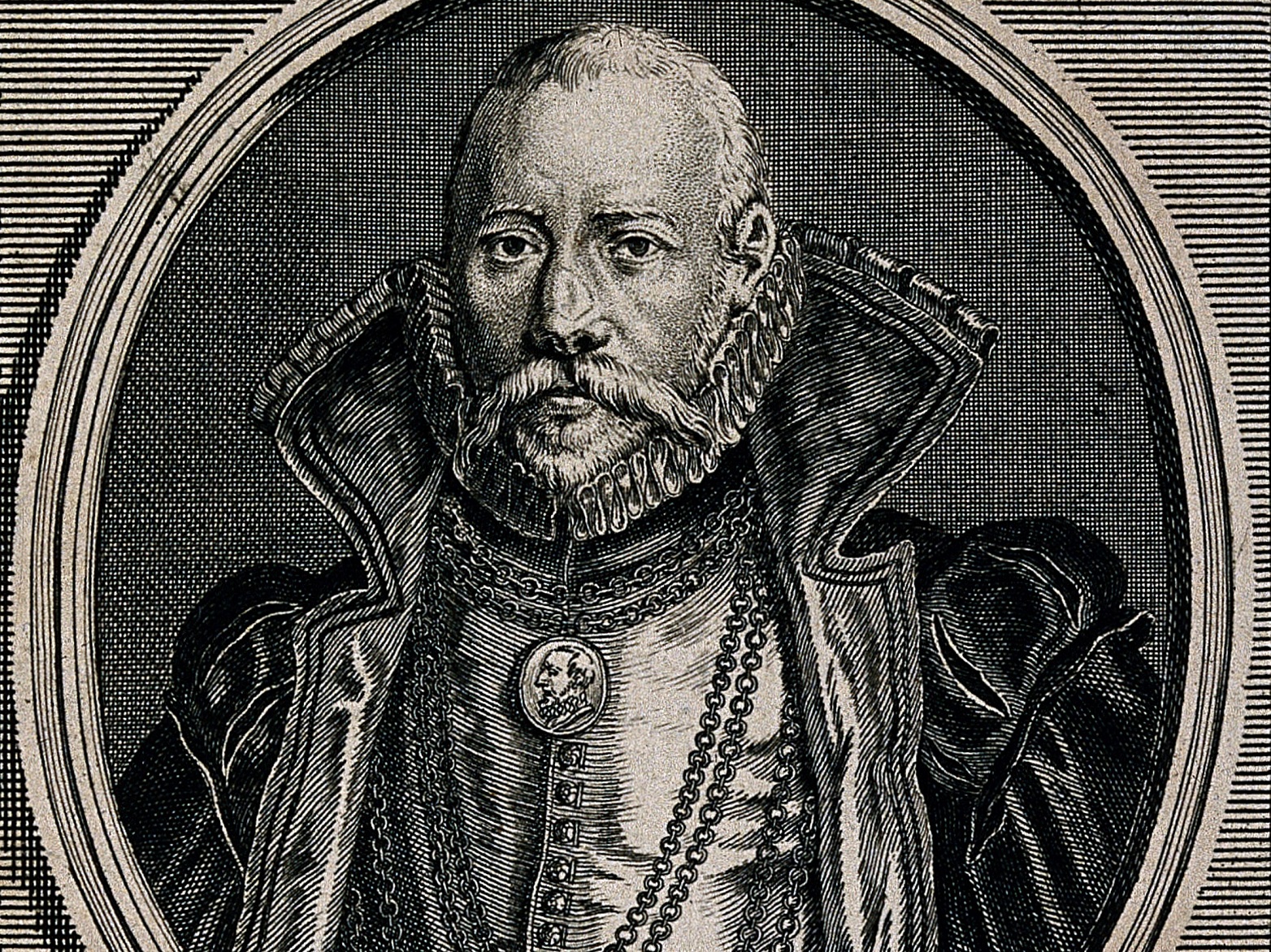 Wellcome Library, London, CC BY 4.0, Wikimedia Commons
Wellcome Library, London, CC BY 4.0, Wikimedia Commons
28. He Became A Ruler
Brahe didn’t just receive an island and a fortune, he received power and responsibilities. At first, Brahe was fair and reasonable to the island’s residents. Well, he was by 16th century standards. But just a few decades later, Brahe was recognizable.
Power corrupts and Tycho Brahe is no exception. It was the beginning of the end.
 Carl Bloch, CC BY-SA 4.0, Wikimedia Commons
Carl Bloch, CC BY-SA 4.0, Wikimedia Commons
29. He Became A Tyrant
Tycho Brahe wasn’t a king, but he sure acted like one. The island’s 50 families saw themselves as freeholding farmers. And they were right; for all intents and purposes, they were. But this changed after Tycho became the island’s Feudal Lord. He seized control of farming and demanded the residents cultivate twice as much.
On top of that, he forced the residents into unpaid labor to build his castle. Tycho was burning bridges, and that was when he was just a “normal” lord. He was just getting started.
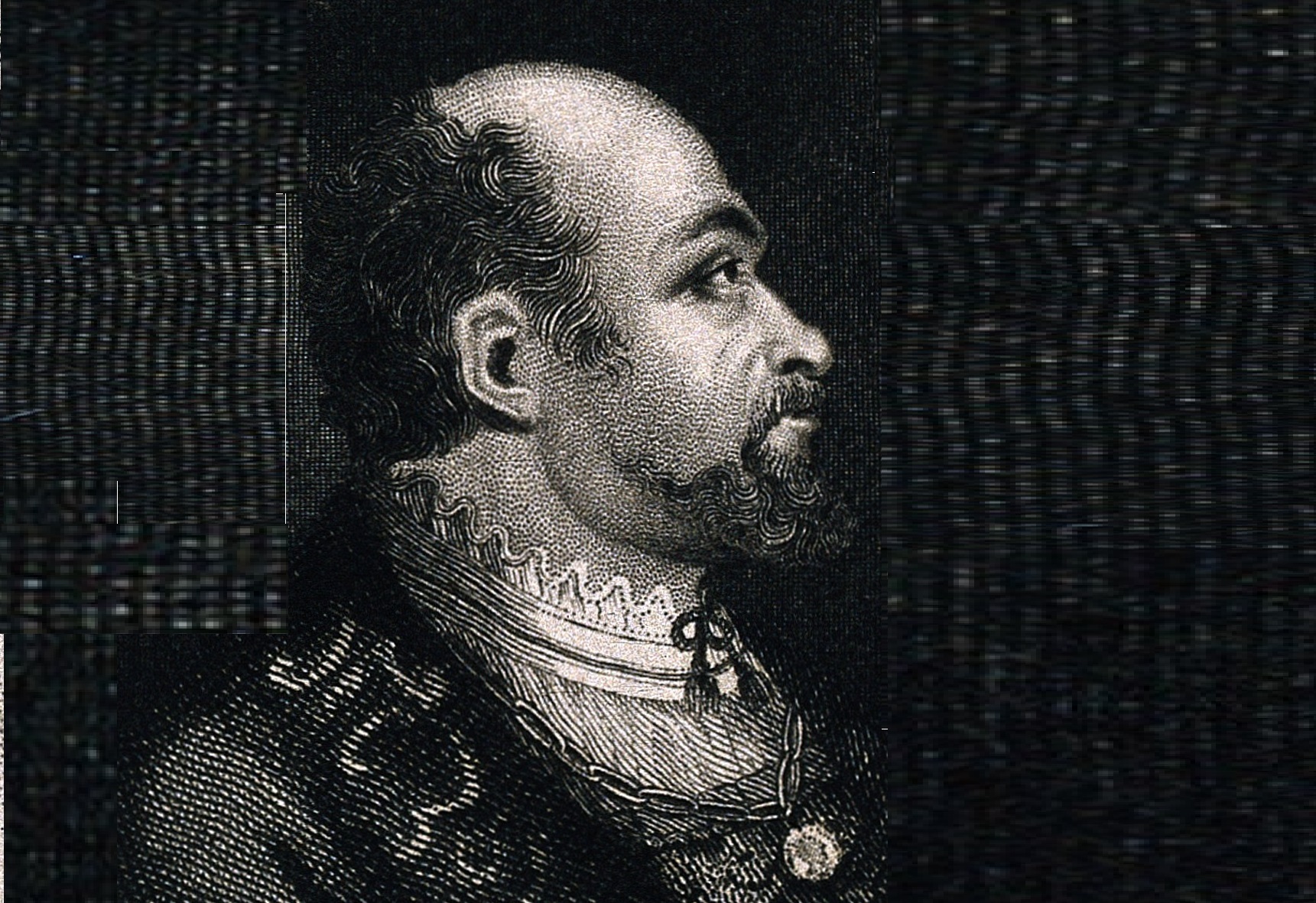 Wellcome Library, London, CC BY 4.0, Wikimedia Commons
Wellcome Library, London, CC BY 4.0, Wikimedia Commons
30. His Power Declined
Denmark lost a king after Frederick II passed, but Brahe lost everything. Christian IV was too young to rule immediately, so a regency council alongside Queen Sophie of Mecklenburg-Güstrow stepped in. The head of the council–along with other insiders in the royal court–hated Brahe’s guts, and the feeling was mutual.
Brahe had to face the writing on the wall: His free ride was over. Or was it?
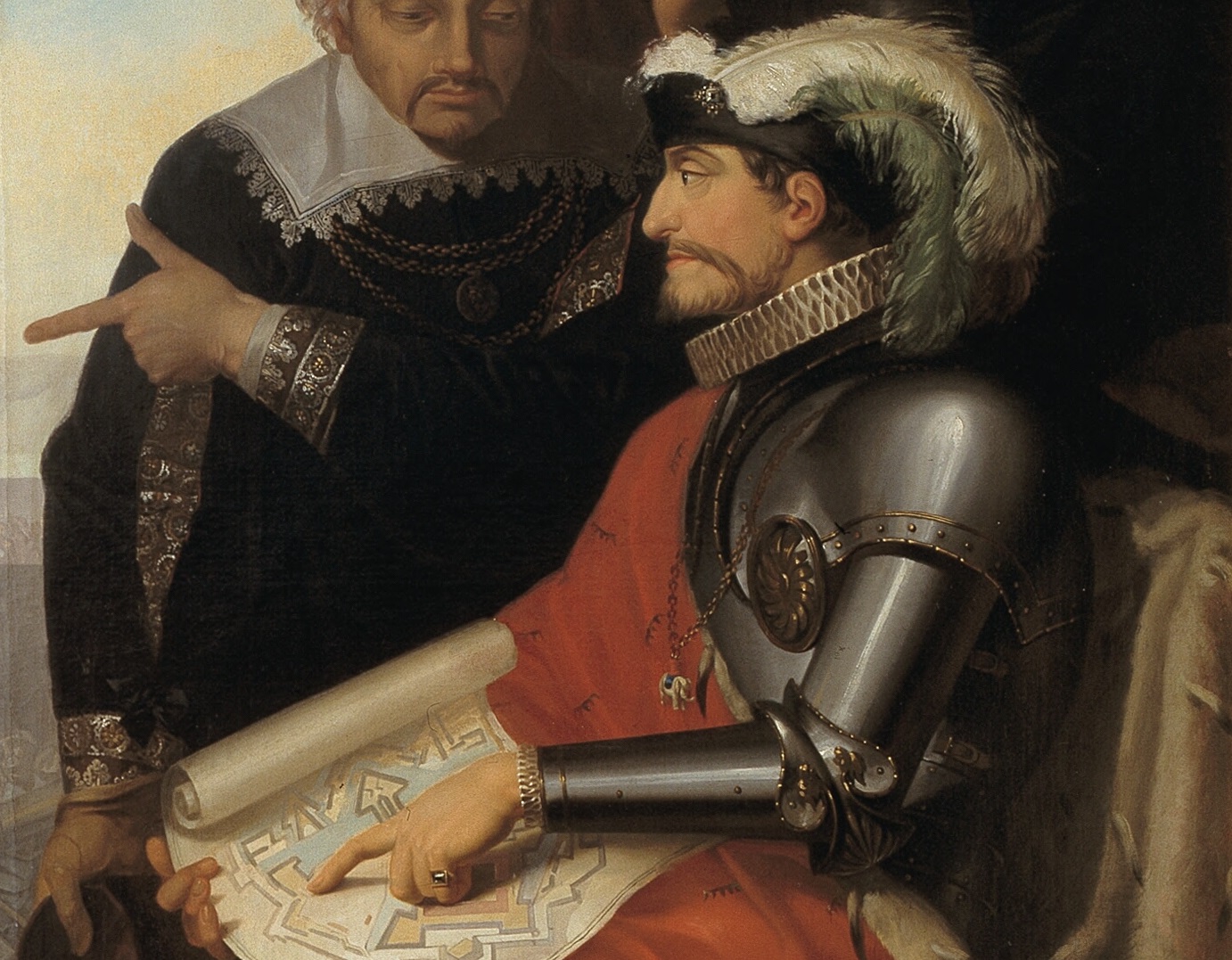 Nicolai Abildgaard, Wikimedia Commons
Nicolai Abildgaard, Wikimedia Commons
31. He Had A Scandalous Affair
Sophie of Mecklenburg-Güstrow was so much more than the Queen of Denmark and Norway. She was a powerful and wealthy woman in her own right. She was the mother of King Christian IV of Denmark. She was a science enthusiast and supporter. She was one of Brahe’s visitors. And according to rumors, she was a lot more than that. Brahe took advantage of their close relationship.
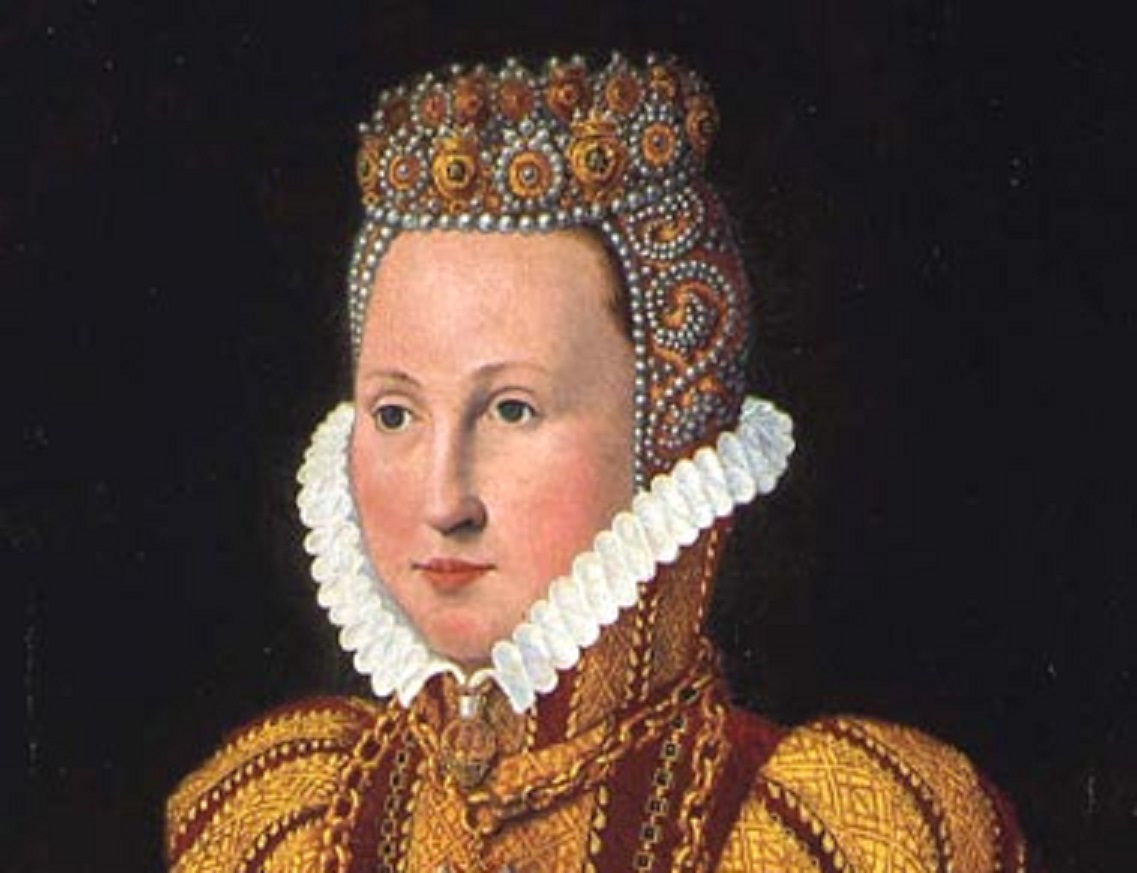 Hans Knieper, Wikimedia Commons
Hans Knieper, Wikimedia Commons
32. He Wanted A Huge Favor
Brahe knew what he had to do. He requested that Sophia make Frederick II’s promise official. Turns out, the late king had promised that Brahe’s heirs–his commoner children–could inherit the island. But Sophia couldn’t–or didn’t want to–make this happen.
Then, after Christian IV took the throne, Brahe’s special relationship with his mom didn’t do him any favors.
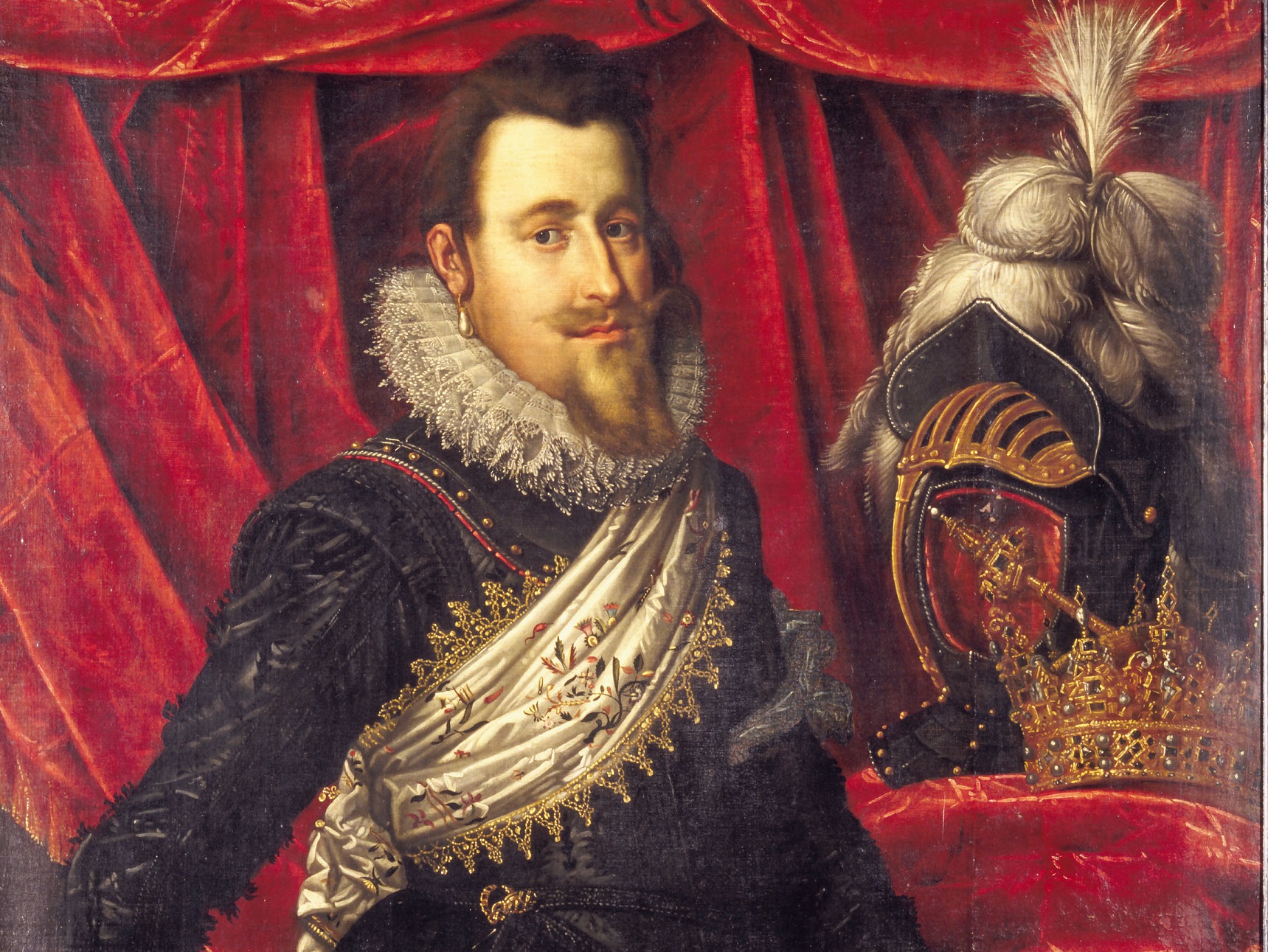 Pieter Isaacsz, Wikimedia Commons
Pieter Isaacsz, Wikimedia Commons
33. He Fell Out With The King
Christian IV already had many reasons to dislike Tycho Brahe, and the scientist kept adding to the list. Near the top was Brahe’s refusal to repair a chapel. Specifically, it was the chapel where Frederick II lay—over which the late king had given Brahe responsibility.
Regardless of the reason, Christian IV refused to allow Brahe’s kids to inherit the island. The astronomer’s ordeal soon went from bad…to worst case scenario.
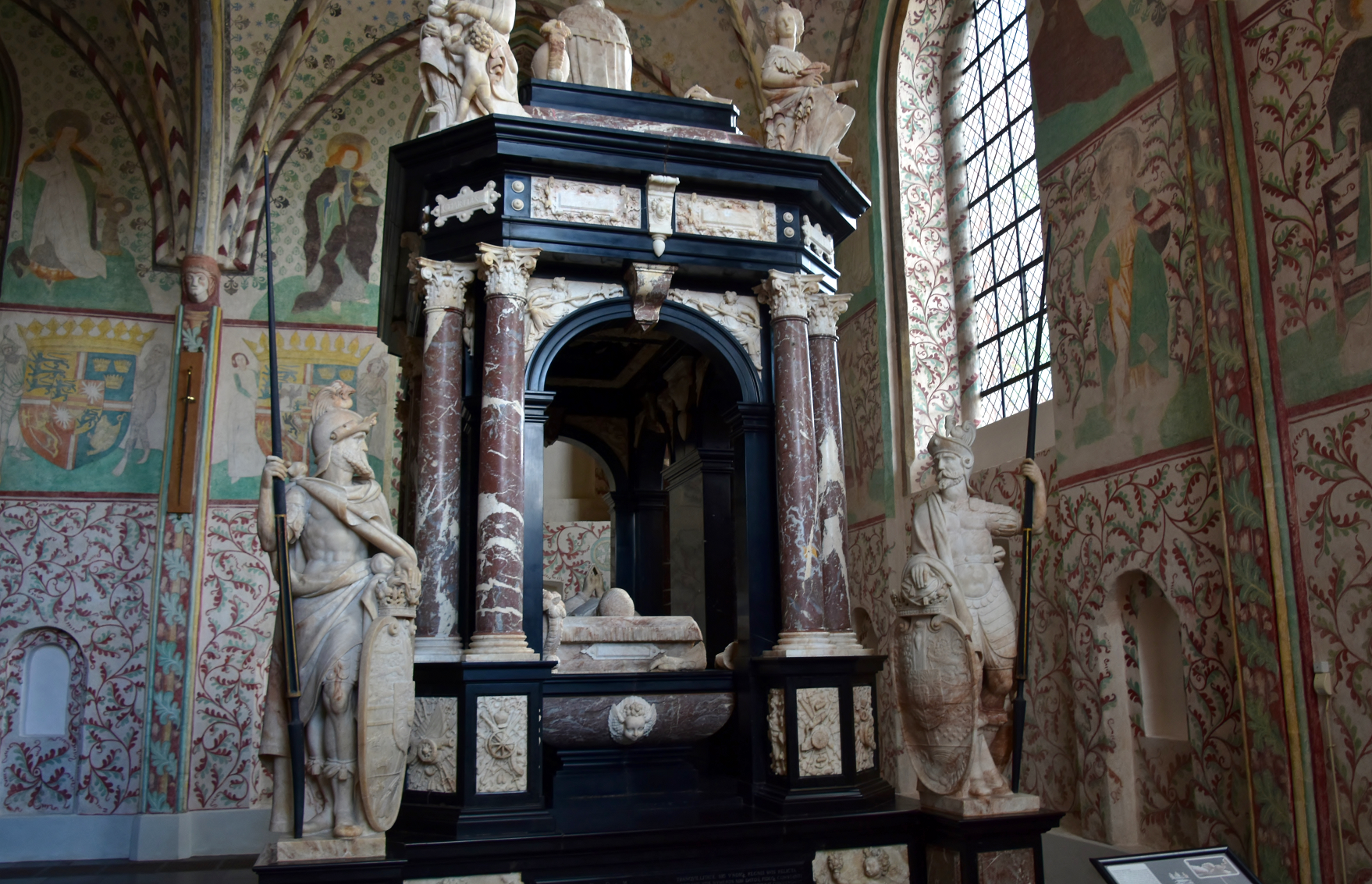 Richard Mortel , CC BY 2.0, Wikimedia Commons
Richard Mortel , CC BY 2.0, Wikimedia Commons
34. He Was In Danger
After 21 years as his island’s pseudo king, the real king stepped in and ousted Brahe. But even that wasn’t enough for him. Christian IV even wanted to exile the scientist from the country entirely. One terrifying day changed Brahe’s stubbornness. A mob of commoners rioted in front of his home.
Many suspect that this incident wasn’t a coincidence. After all, it pushed Brahe and his family towards finally leaving the country—exactly what Christian wanted.
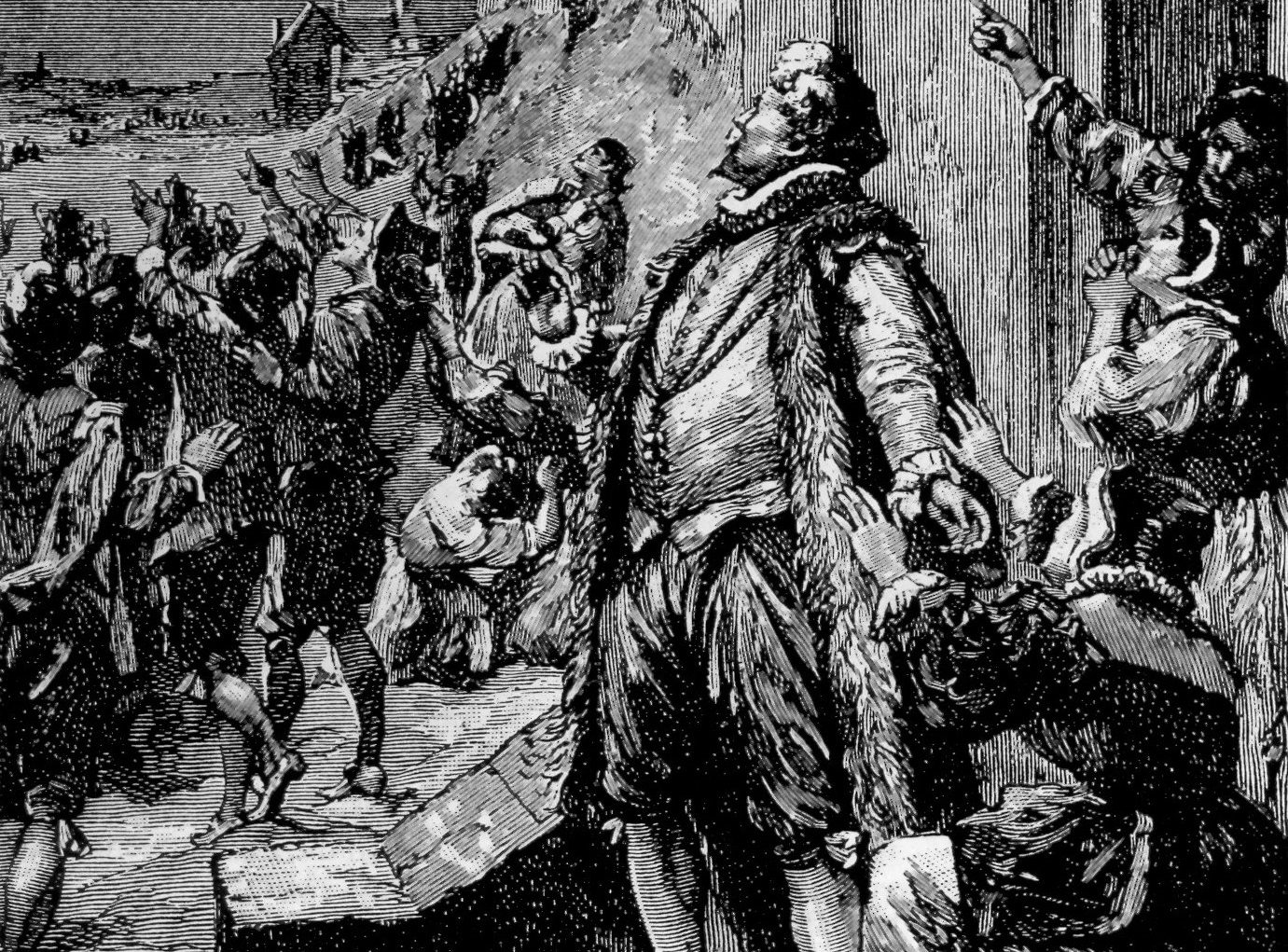 Camille Flammarion, Wikimedia Commons
Camille Flammarion, Wikimedia Commons
35. He Felt Misunderstood
The writing was on the wall: Brahe had no choice but to accept his exile and downfall. In response, he wrote a famous poem, in which he lectured Denmark for not appreciating his genius. While he had many talents, humility wasn’t one of them.
Tycho Brahe believed that he was not only a legendary scientist, but more important than a King. Then reality hit.
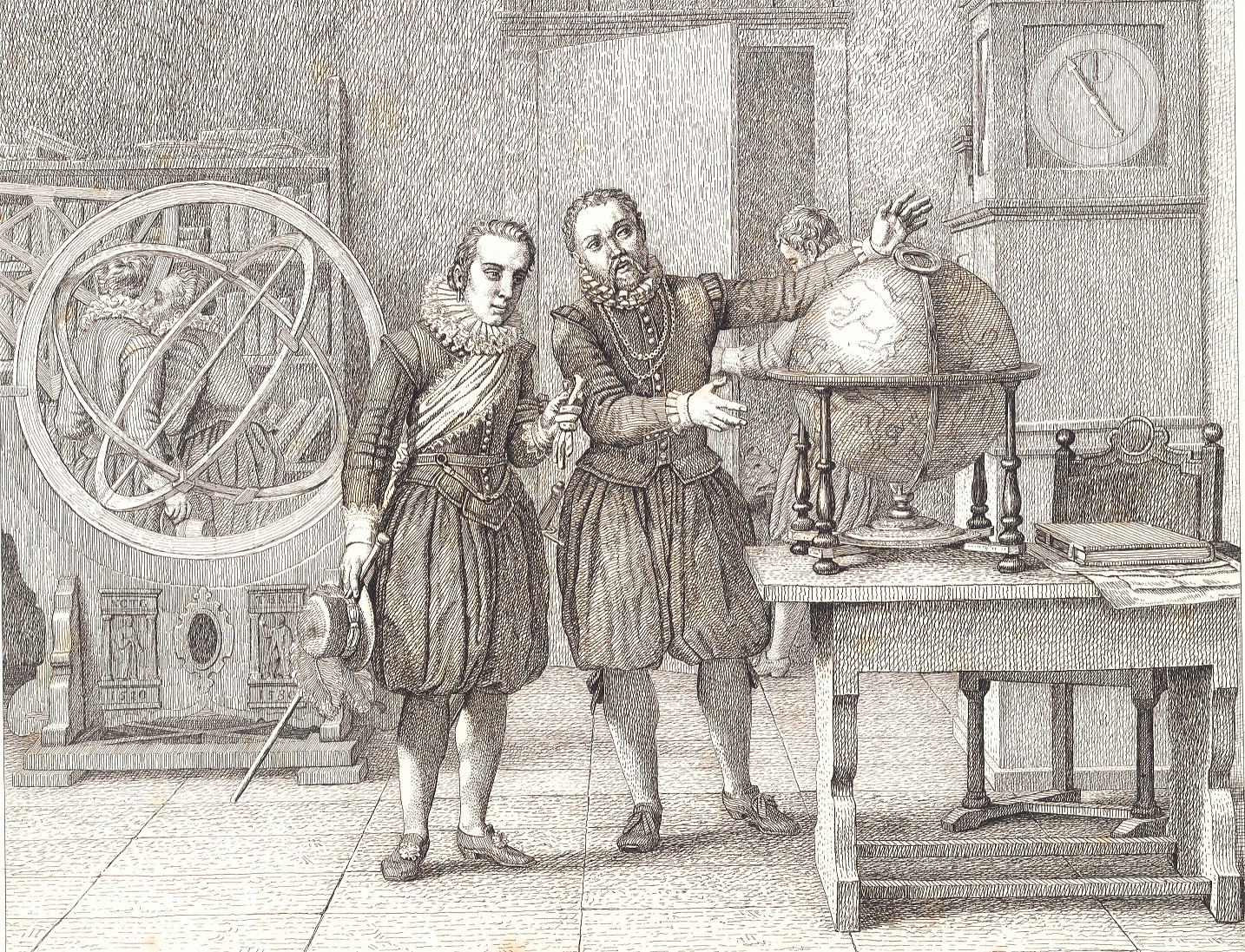 Statens Museum for Kunst. Look and Learn
Statens Museum for Kunst. Look and Learn
36. He Moved On
The Holy Roman Emperor threw the exiled scientist a lifeline. Rudolf II offered Brahe the position of imperial astronomer. It came with: a move to Prague, an observatory, research opportunities, and red carpet treatment. There, Brahe even took Johannes Kepler, a future legendary astronomer, under his wing.
They seemed like the dream team. They weren’t.
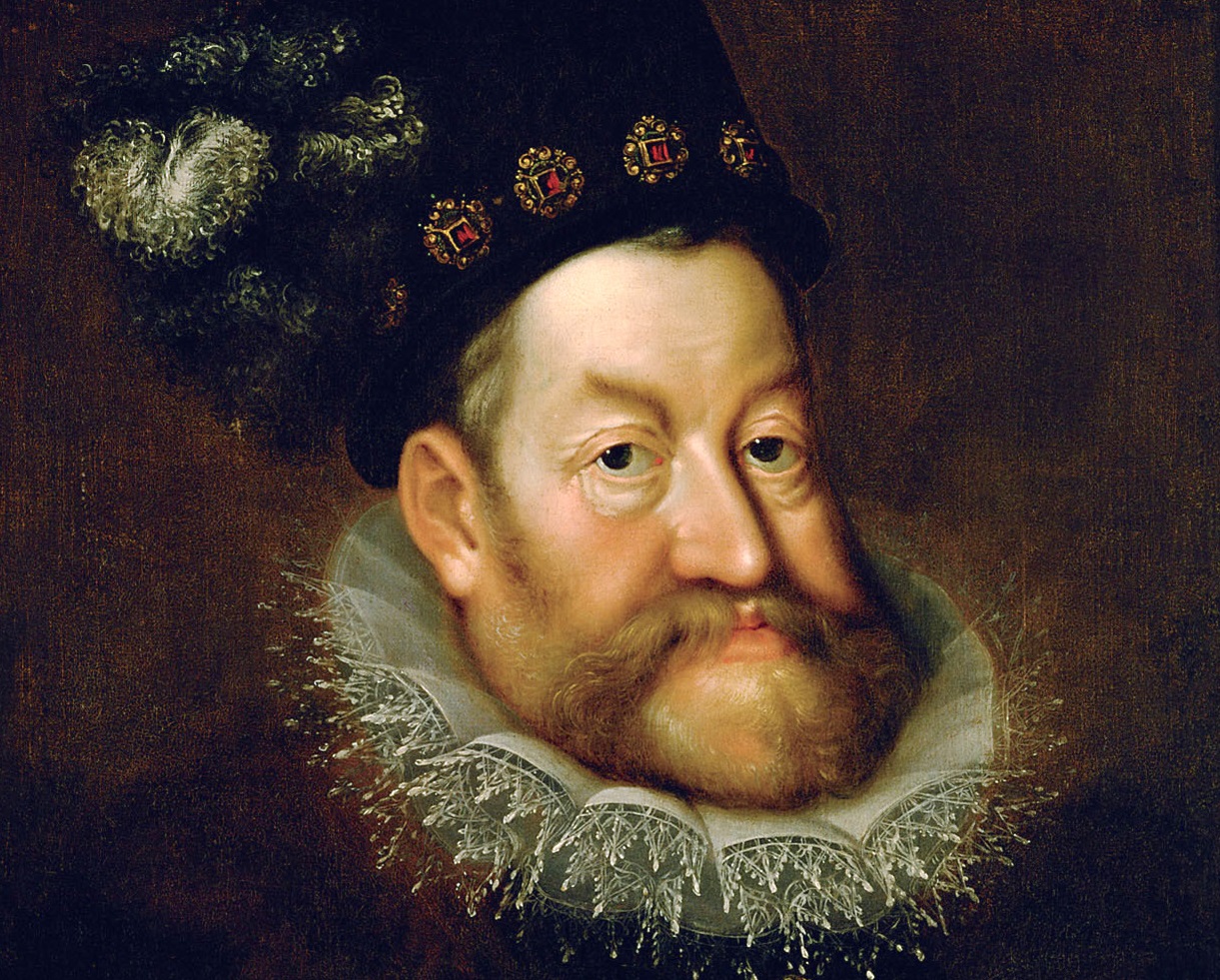 Hans von Aachen, Wikimedia Commons
Hans von Aachen, Wikimedia Commons
37. He Had A Mini Me
Turns out, Brahe’s mini-me couldn’t have been more different. Brahe was a spoiled rich kid who thought he was God’s gift to the world. Kepler came from a poor German family headed by a single mom. He dropped out of school to support his mother and siblings.
At first, Kepler had no interest in astronomy, and merely wanted a piece of Tycho’s high salary. But it didn’t take long for the astronomy bug to take over.
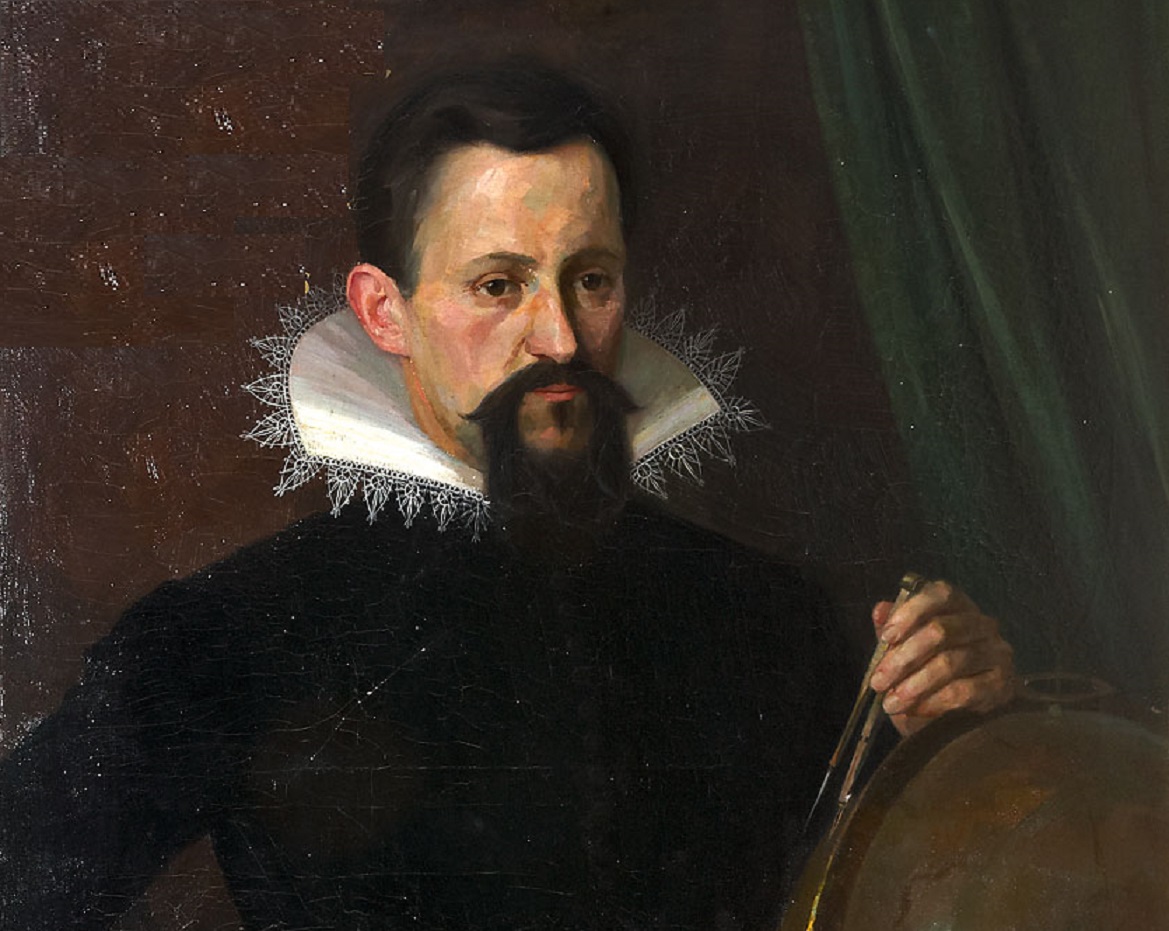 August Köhler, Wikimedia Commons
August Köhler, Wikimedia Commons
38. He Was Secretive
Kepler’s passion and talent in astronomy may have formed despite Brahe, not because of him. Shockingly, Tycho Brahe wasn’t the best mentor or collaborator. He gatekept his research from Kepler, which led to arguments and seething resentment.
If Kepler found his boss insufferable, he wasn’t alone. Brahe was as difficult as he was brilliant.
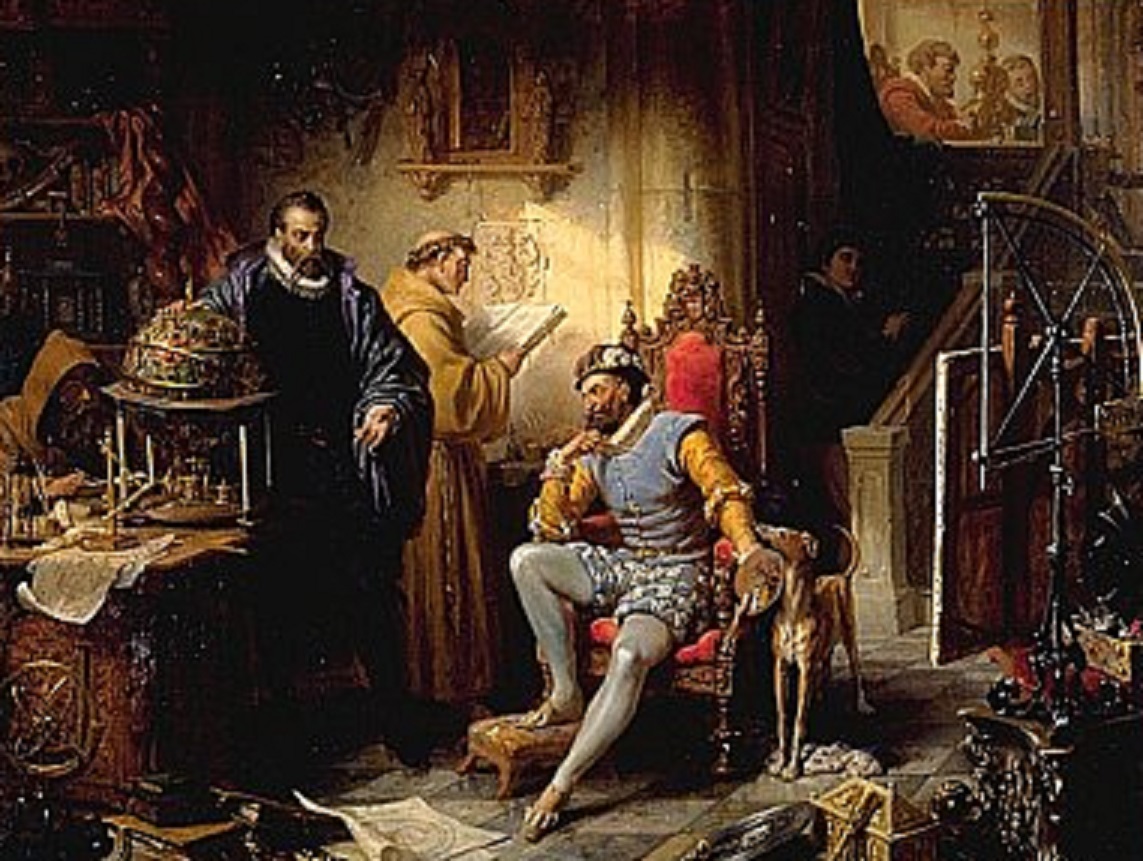 Eduard Ender, Wikimedia Commons
Eduard Ender, Wikimedia Commons
39. He Was Argumentative
Kepler wasn’t Brahe’s only long-suffering colleague. He corresponded with countless scientists across Europe, and in true Tycho fashion, these relationships could get ugly. He engaged in feuds with many peers, but none were as notorious as his fight with Nicolaus Reimers Baer, whom Brahe accused of plagiarism.
Even after a lifetime of burning bridges, Brahe just couldn’t kick his bad habits–and he paid the ultimate price for it.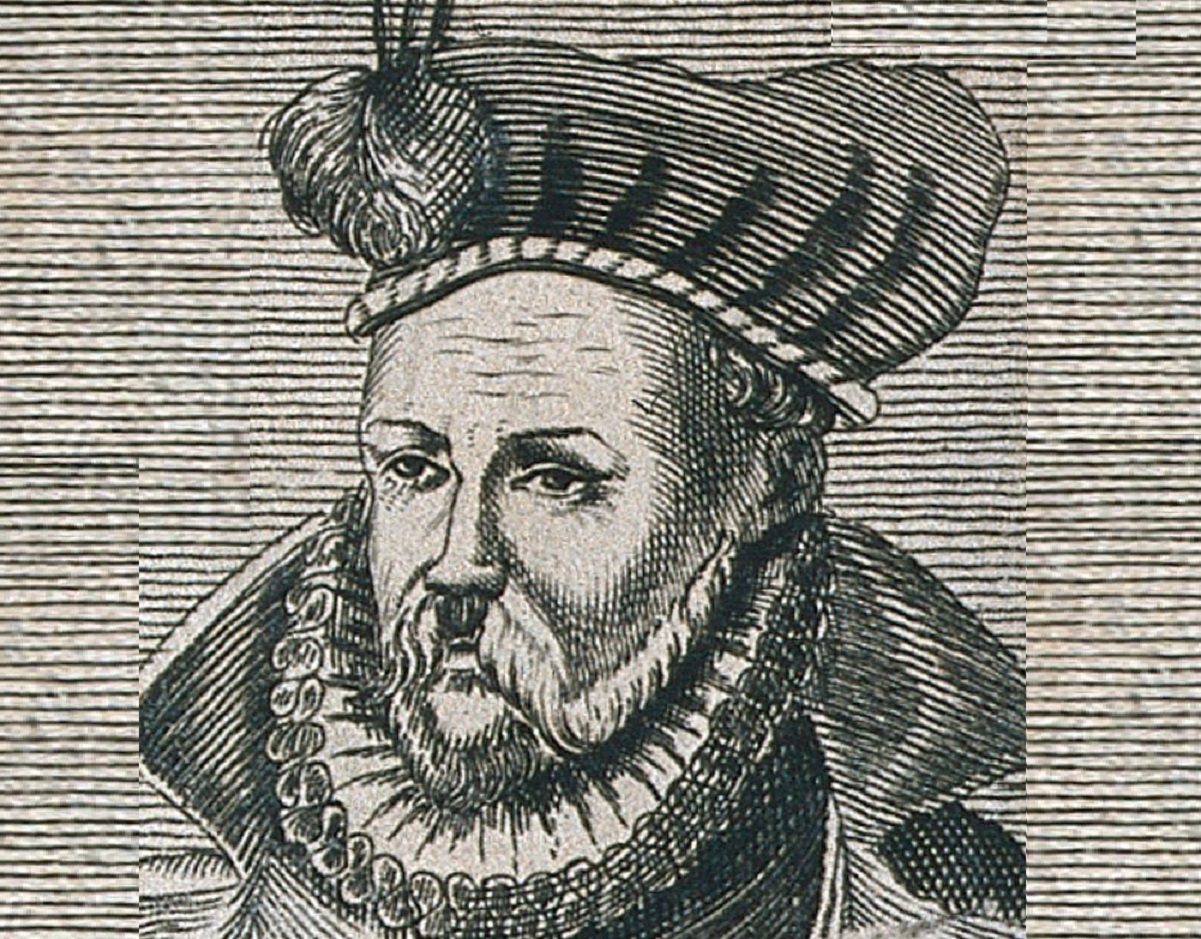 Wellcome Collection, Look & Learn
Wellcome Collection, Look & Learn
40. He Had Dangerous Habits
There are some constants in the universe, like the laws of physics and Tycho Brahe’s horrific lifestyle. Tycho treated his body like he’d treated his island’s residents: horrifically. This included overdrinking and overeating.
These habits were nothing new for him, but there’s only so much an aging body can take. Brahe lived the high life until it came crashing down. 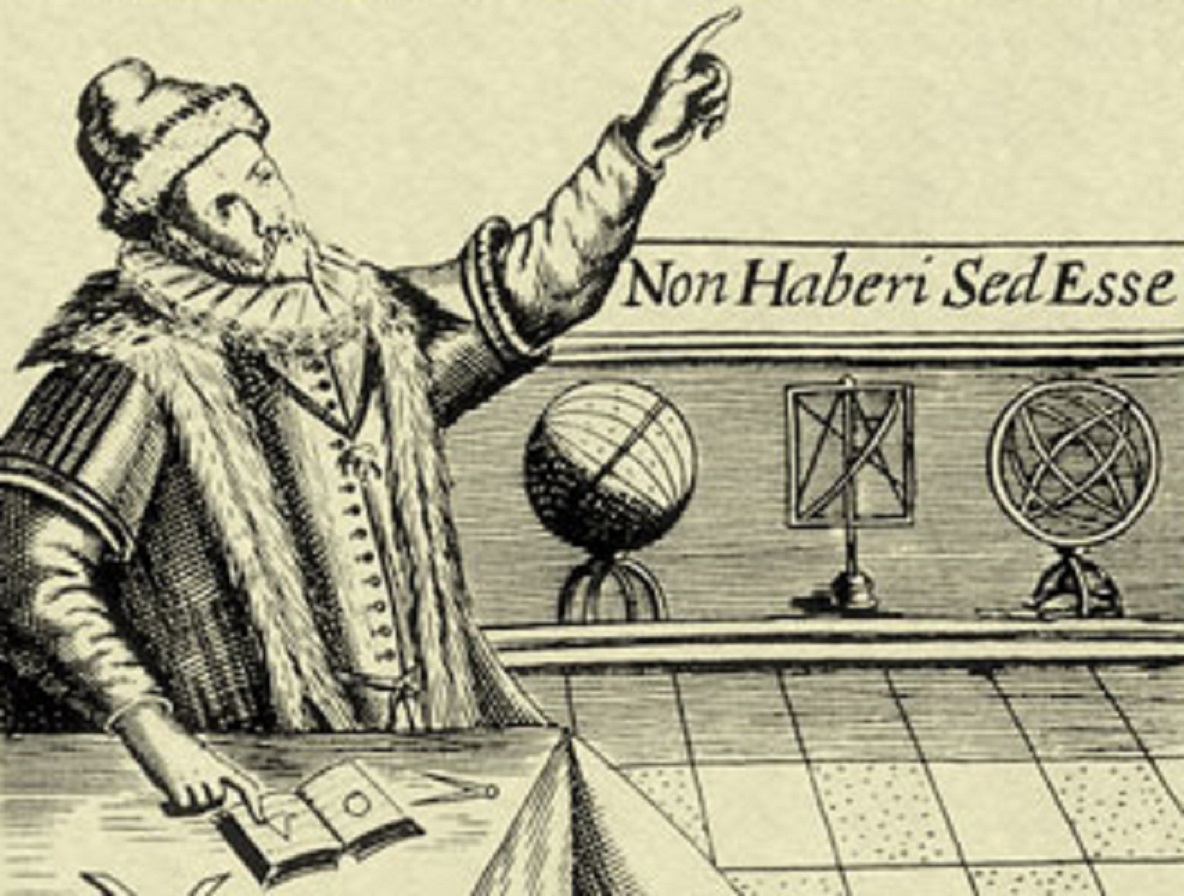 Unknown Author, Wikimedia Commons
Unknown Author, Wikimedia Commons
41. He Suddenly Became Ill
What should’ve been a normal and fun night went horribly wrong. Tycho Brahe had one too many drinks at a banquet in 1601, and his bladder let him know it. He really had to pee, but for whatever reason, he decided to hold it.
At the time, going to the bathroom in the middle of a party was a faux pas. When Brahe finally got home, he realized that etiquette was the least of his concerns.
42. He Was Extremely Ill
When Brahe finally got the chance to relieve himself, he realized that he couldn’t. The scientist couldn’t pee properly–only tiny amounts and with excruciating pain. It gets even worse. Brahe descended into delirium and couldn’t stop saying that he hoped that he didn’t live in vain.
The astronomer was dying–and aware of it. He knew what he had to do before time ran out.
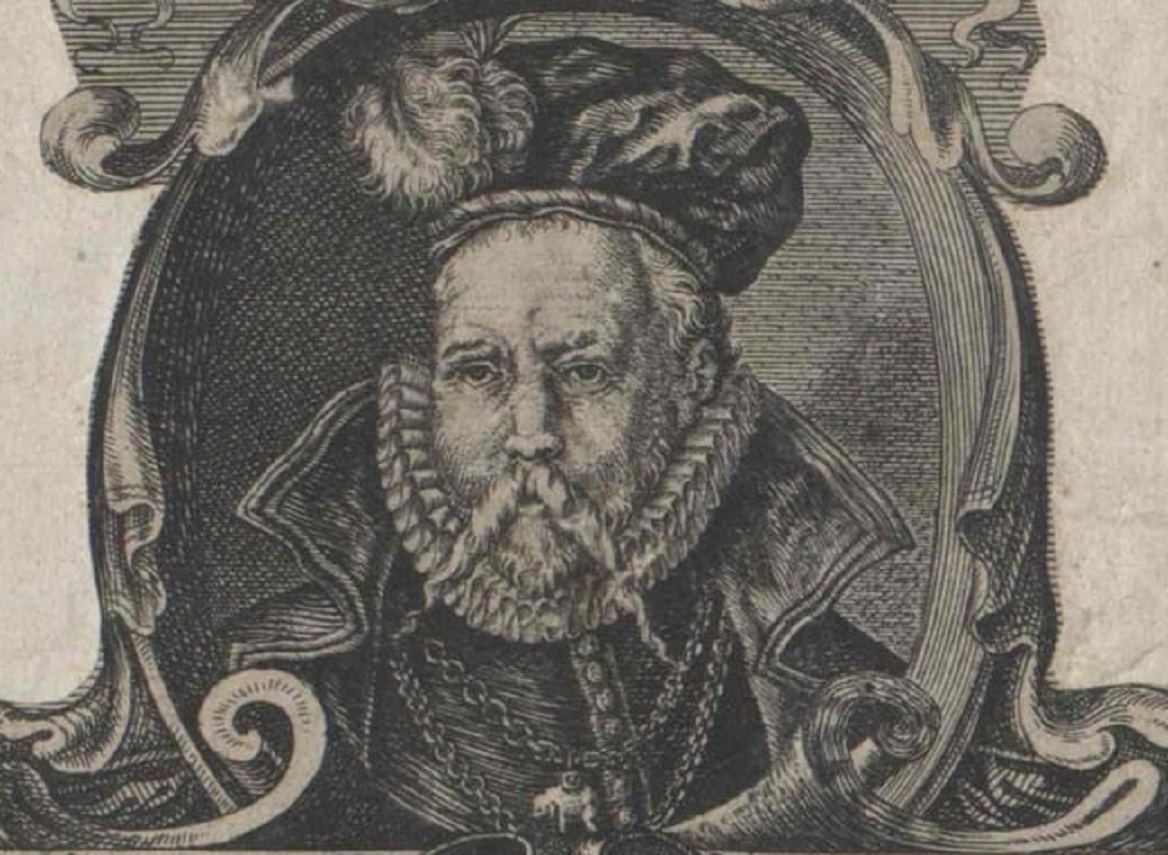 Austrian National Library, Picryl
Austrian National Library, Picryl
43. He Left Too Young
Brahe encouraged Kepler to continue his research, but he had stipulations. He requested that Kepler use his planetary model–not rival ones. Classic Brahe. He then allegedly wrote his own epitaph: "He lived like a sage and passed like a fool”.
Tycho Brahe was only 54. But not even the grave could stop this scientist from scandal making.
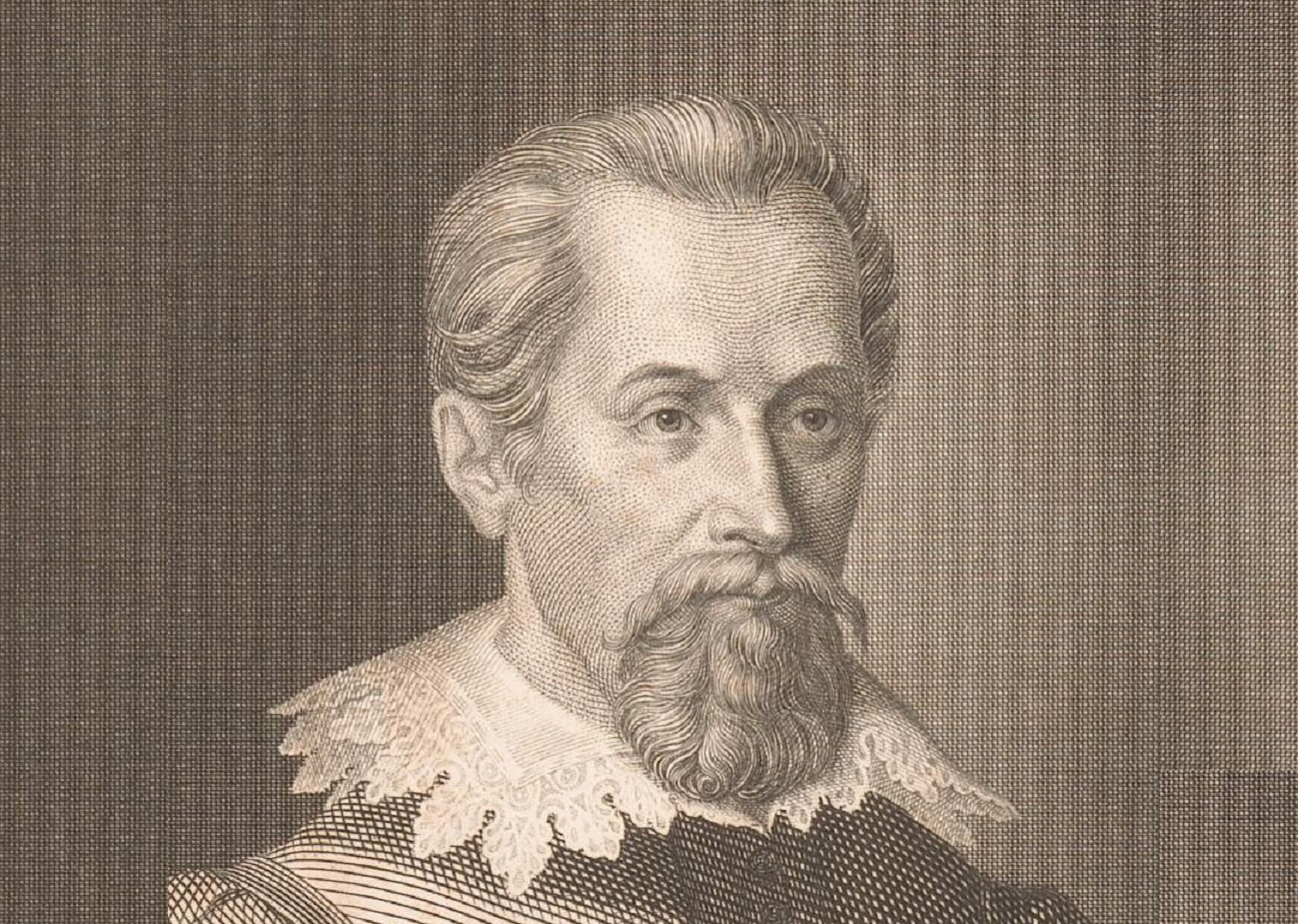 Rijksmuseum, Wikimedia Commons
Rijksmuseum, Wikimedia Commons
44. He Had A Mysterious End
For centuries, everyone agreed that Tycho succumbed to kidney stones. Then, his body was exhumed in 1901, and they couldn’t find a single kidney stone. Researchers then suggested that the culprit could’ve been a burst bladder or prostate cancer.
Since there was still doubt, others had more sinister explanations for Brahe’s abrupt end.
45. He Had Conspiracies
One conspiracy could’ve been mistaken for a movie plot. Some accuse Kepler of dosing him with mercury. Kepler’s motive was clear, at least: gaining access to the research that his boss gate kept from him. With Brahe out of the picture, Kepler could finally reach his full potential.
But Kepler wasn’t the only person with the motives and means to end Brahe’s life.
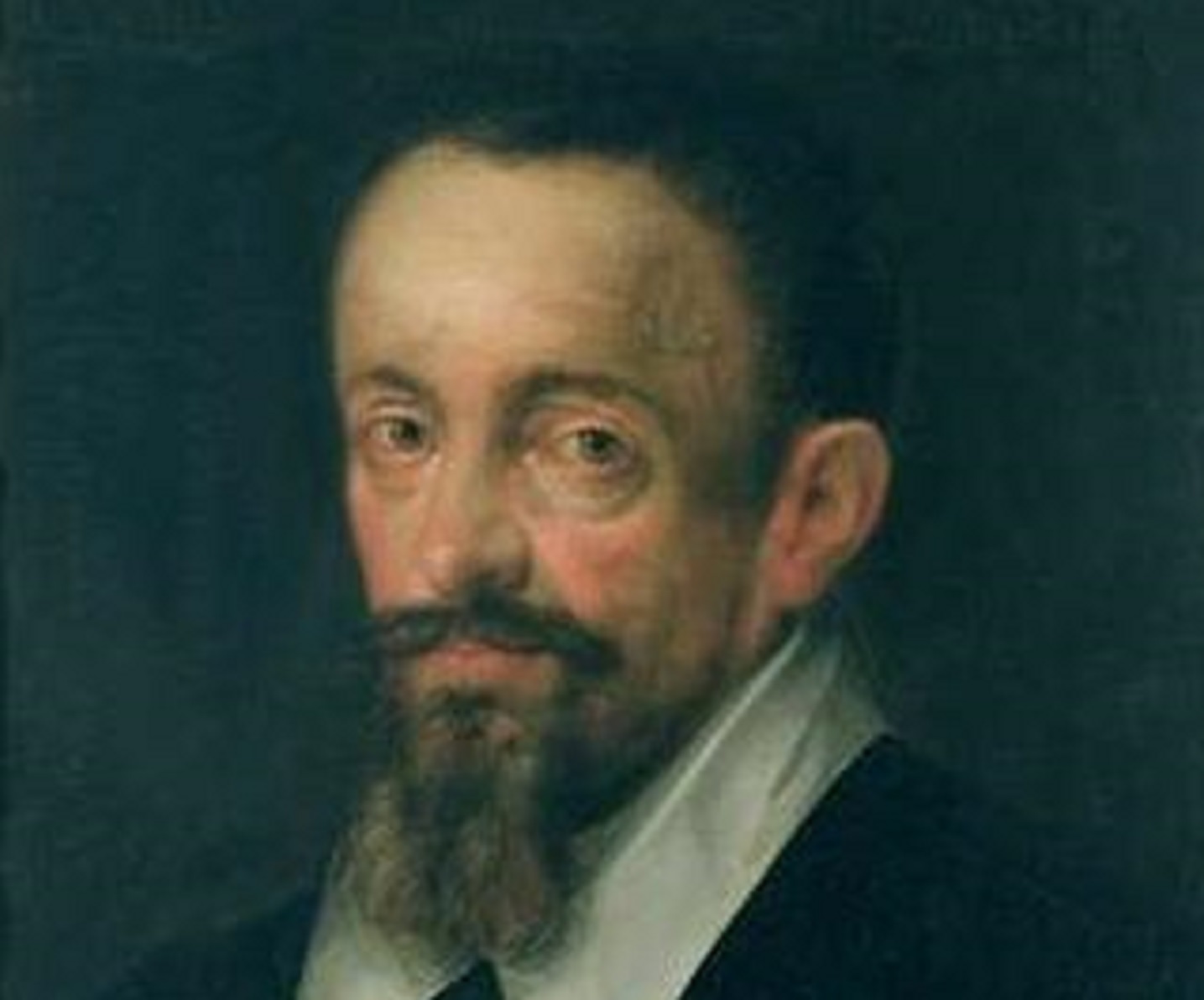 Hans von Aachen, Wikimedia Commons
Hans von Aachen, Wikimedia Commons
46. He Made Enemies
The competing conspiracy is that Brahe’s cousin Erik plied him with mercury. But it gets even spicier. Erik allegedly ended his cousin’s life…at the order of King Christian IV. Turns out, the King didn’t forgive or forget. Especially not Brahe’s rumored affair with his mother.
Present day scientists couldn’t resist finally solving this centuries old mystery.
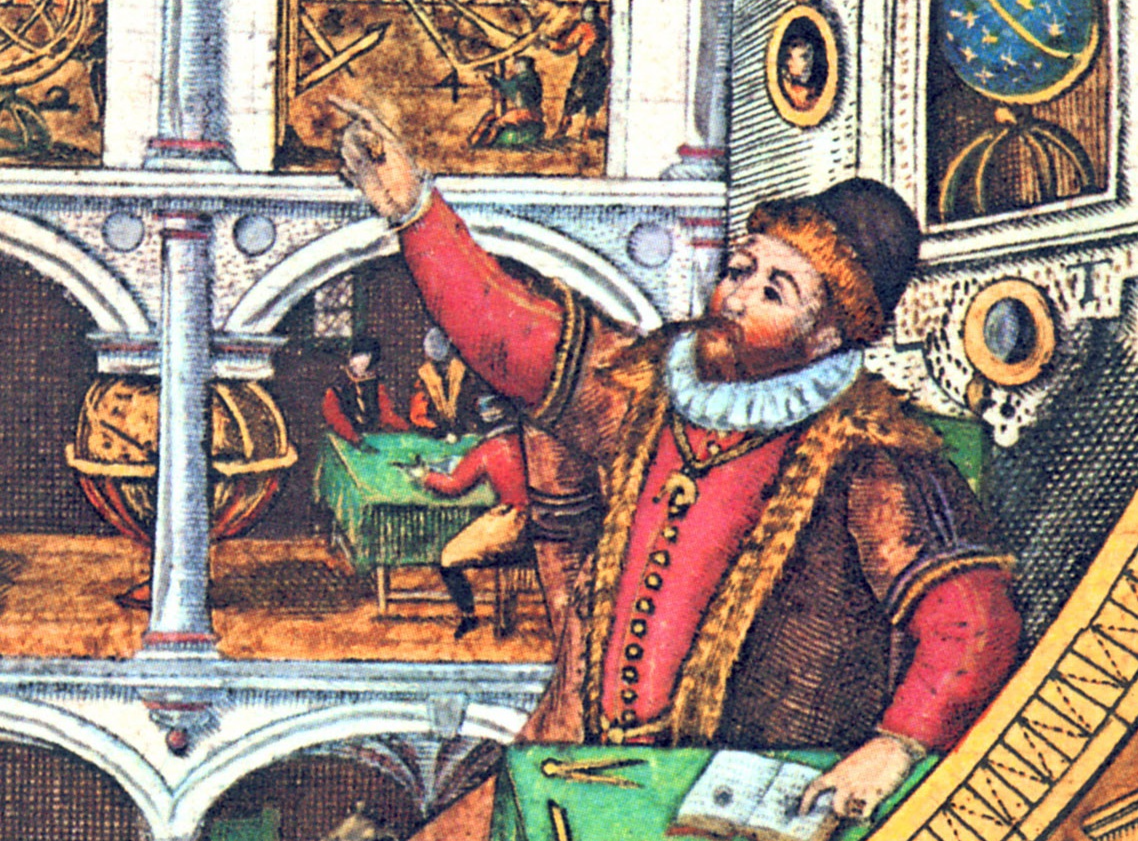 Tycho Brahe, Wikimedia Commons
Tycho Brahe, Wikimedia Commons
47. He Didn’t Rest In Peace
Thanks to these conspiracies, Tycho Brahe couldn’t rest in peace. In 2010, scientists once again exhumed his remains. They even analyzed his bones, hair, and clothing. Their findings answered some questions, but created some more.
While scientists found traces of mercury, the amounts weren’t enough to be intentional. But this led to another theory.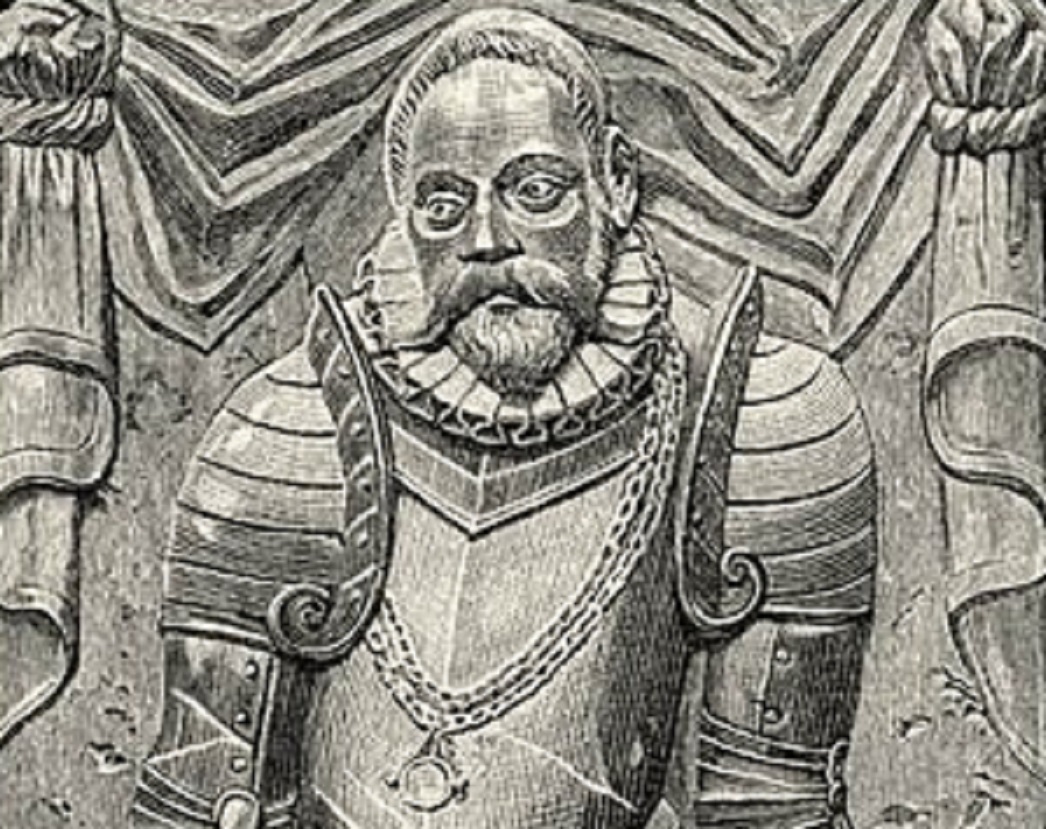 Rudolf Fensége, Wikimedia Commons
Rudolf Fensége, Wikimedia Commons
48. He Might’ve Caused His Own End
Others didn’t blame Kepler, Erik or Christian…they blamed Brahe himself. They came up with two possibilities. Brahe could’ve accidentally ingested mercury during his many alchemy experiments. Or he could’ve self-medicated to alleviate his kidney problems. This all could’ve been a tragic accident.
But these exhumations led to another shocking find.
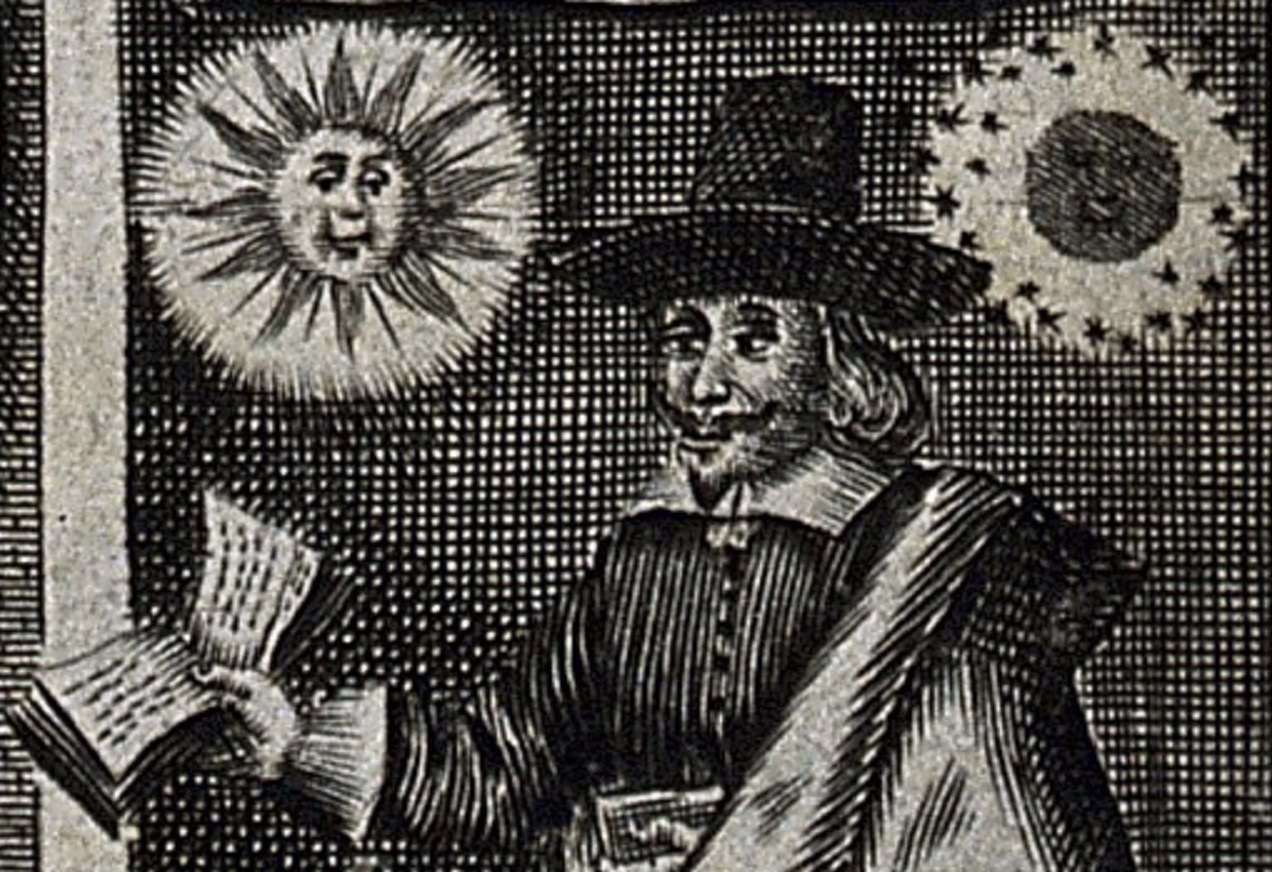 Wellcome Library, London, CC BY 4.0,Wikimedia Commons
Wellcome Library, London, CC BY 4.0,Wikimedia Commons
49. He Had a Fake Nose
Remember Tycho’s famous fake nose? That was made out of gold and silver? Turns out, Tycho told a little brass lie. Yup, his everyday prosthesis was made from a cheaper material. But in his defense, he really did have a precious metal nose. He just saved it for special occasions.
Tycho Brahe was many things, but boring was never one.
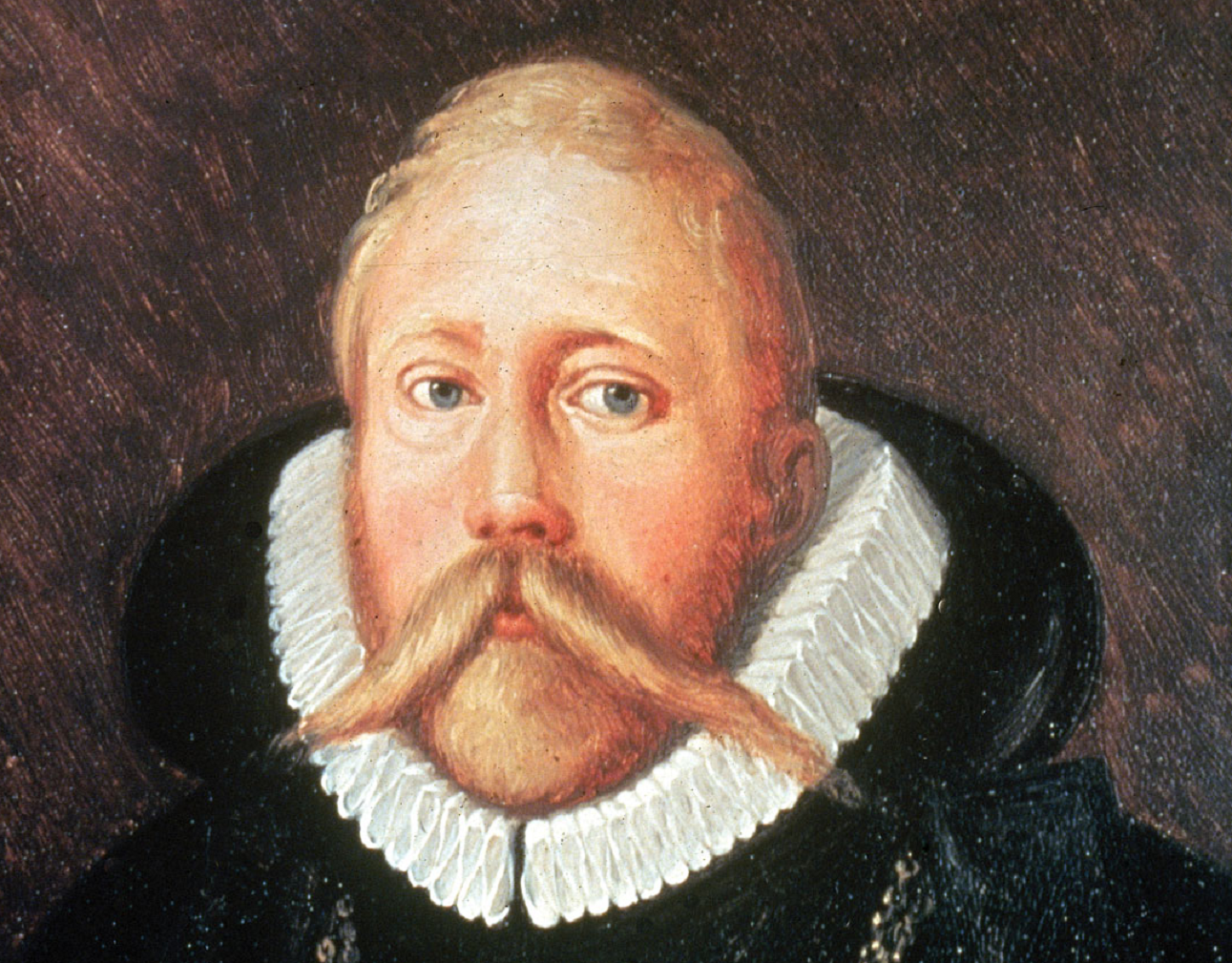 Anano ano chagunava, CC BY-SA 4.0, Wikimedia Commons
Anano ano chagunava, CC BY-SA 4.0, Wikimedia Commons
50. He Was Ahead of His Time
Centuries after Tycho Brahe’s controversial end, many of his findings still hold true. These include predictions on planetary motion and his catalog of hundreds of stars. He inspired future generations of scientists and explorers, including Kepler.
And to do all of that WITHOUT a telescope? Tycho had a crazy personal life, but his science wasn’t too shabby either.


